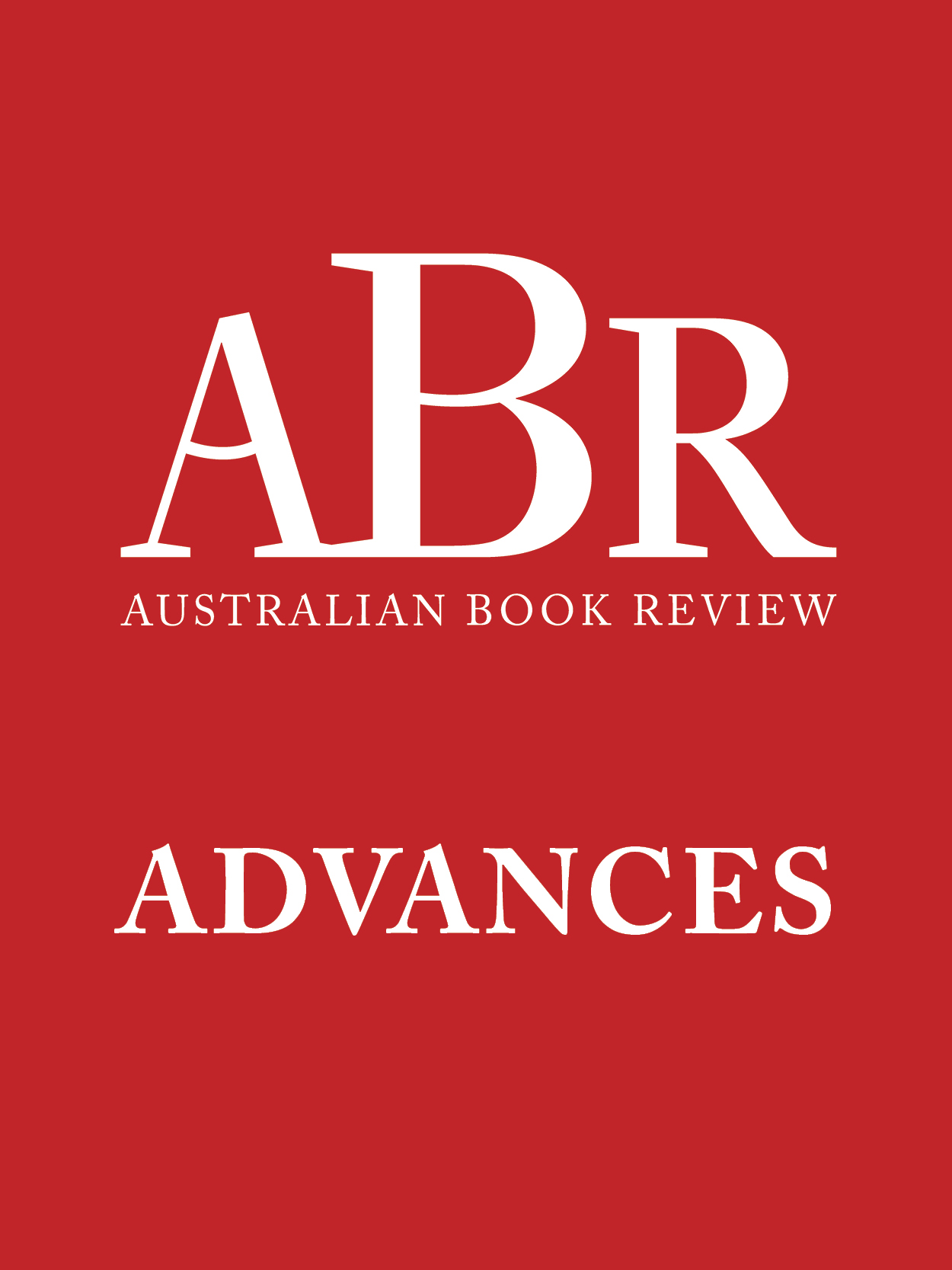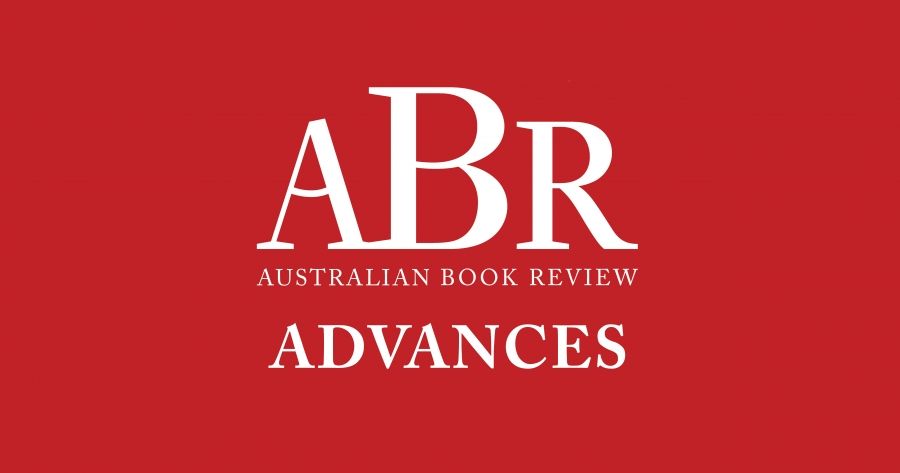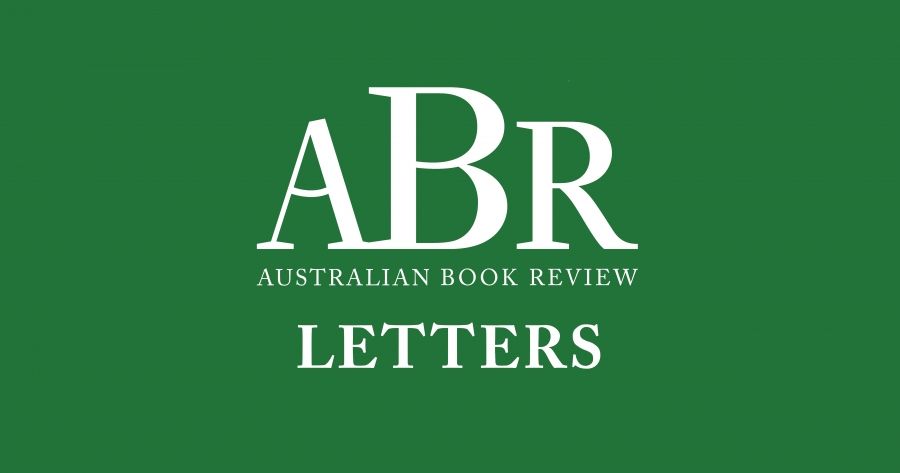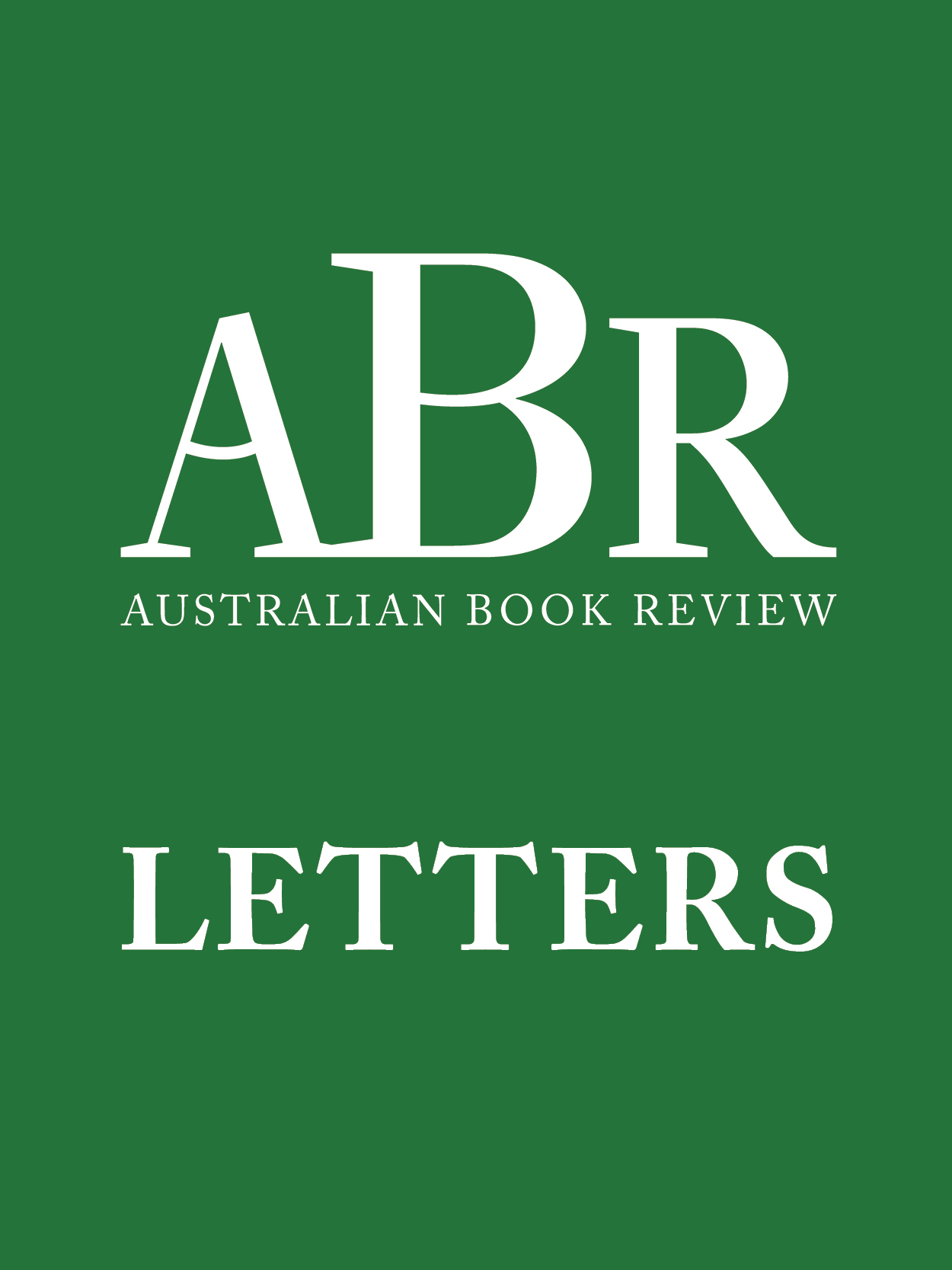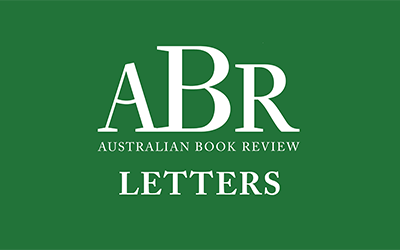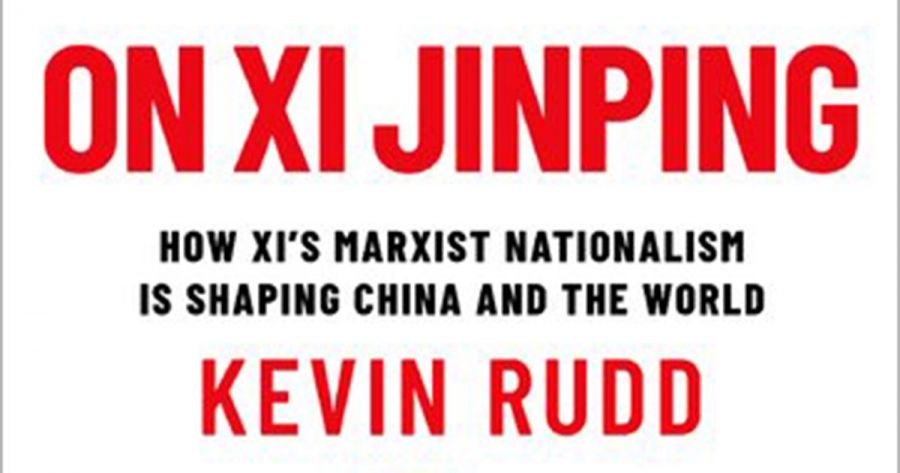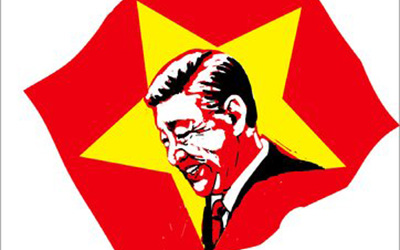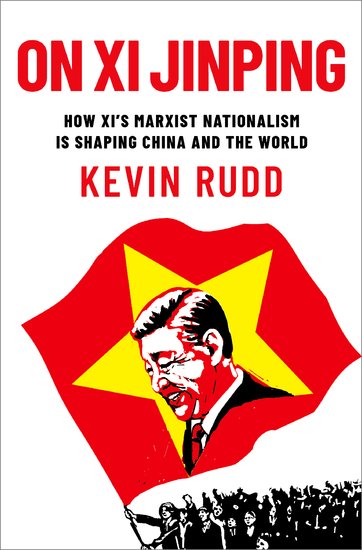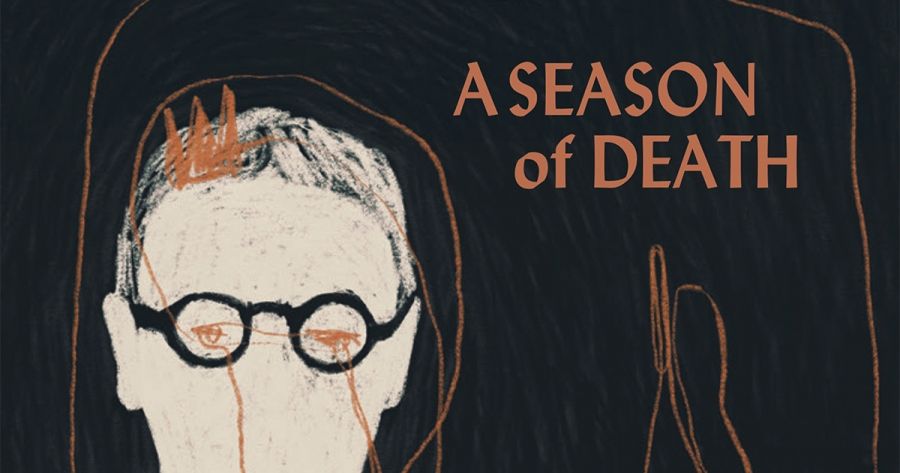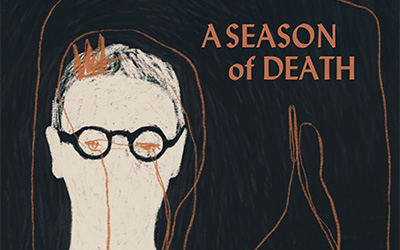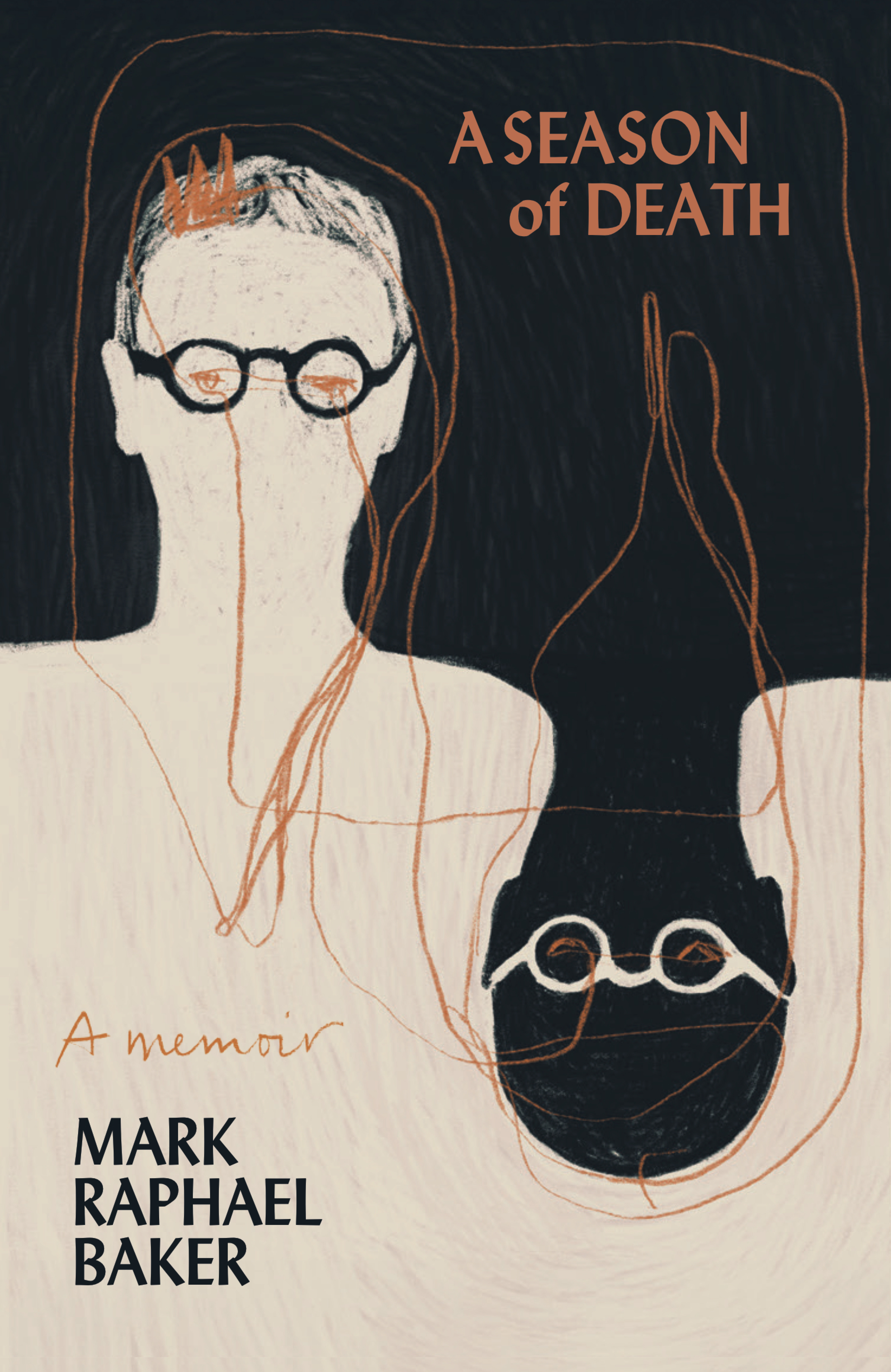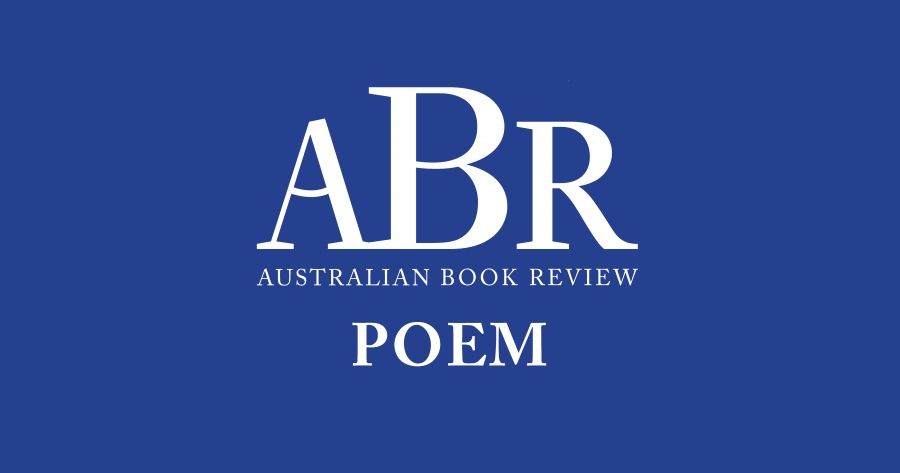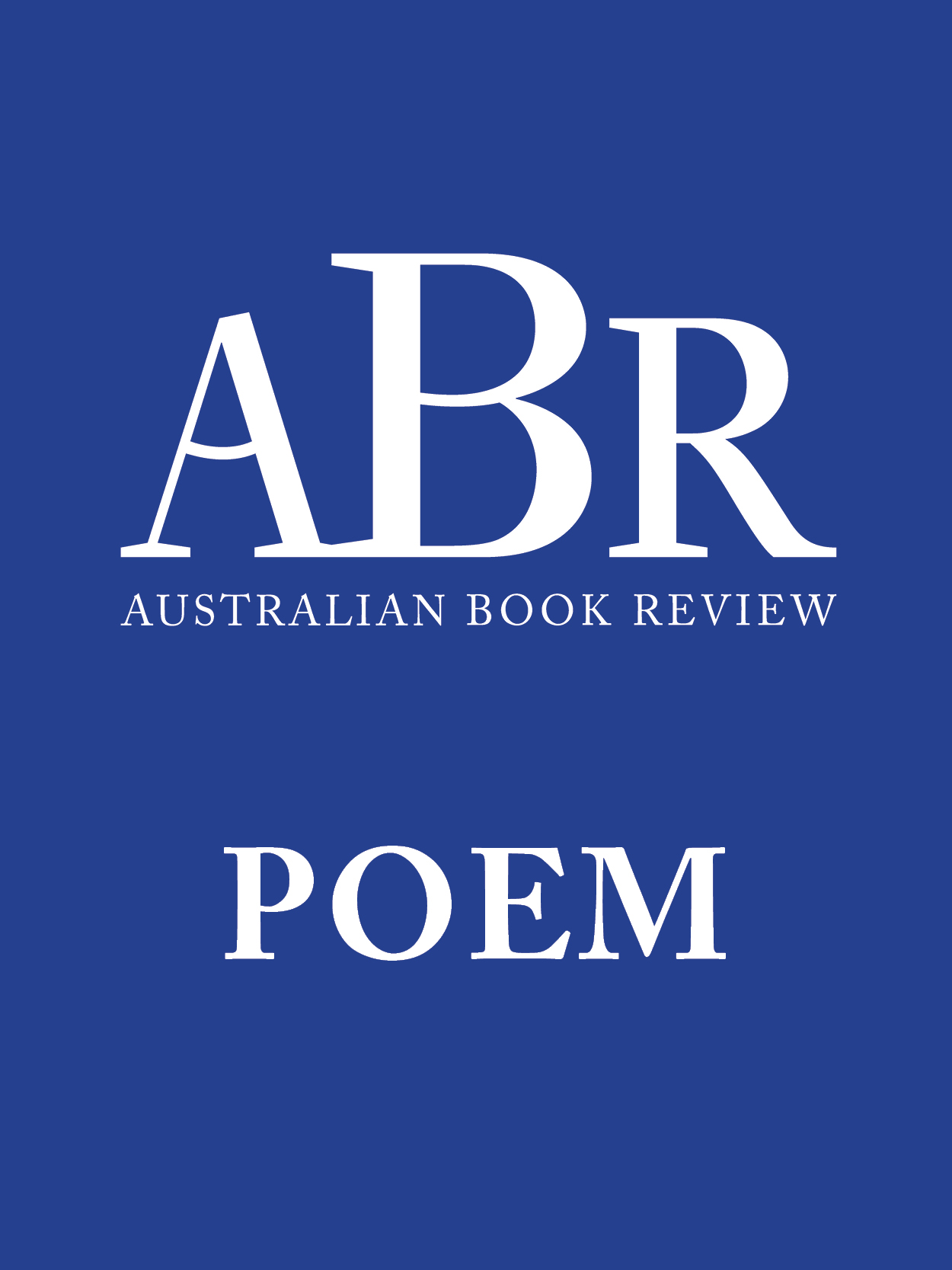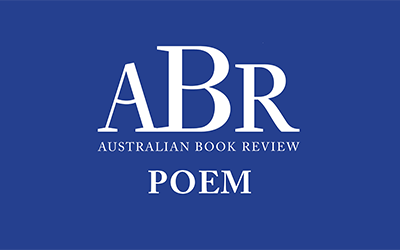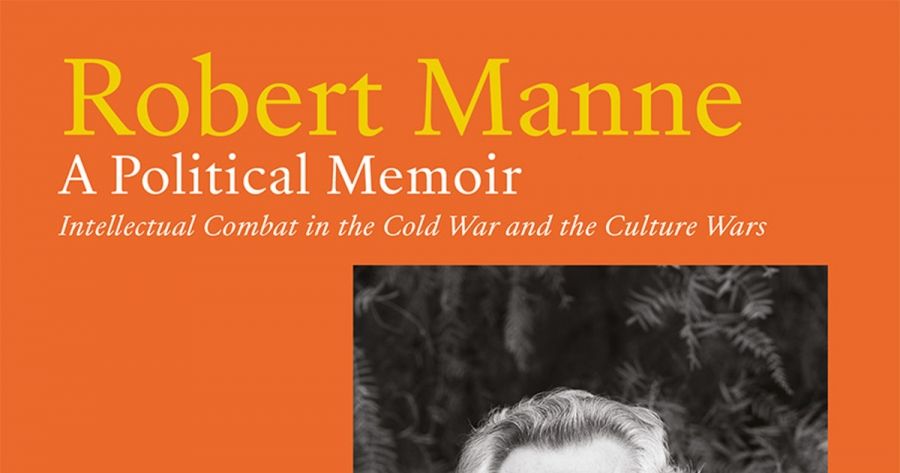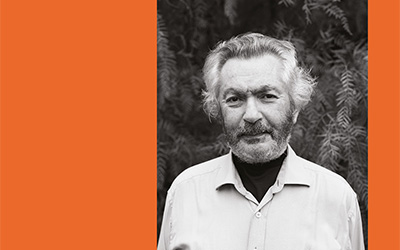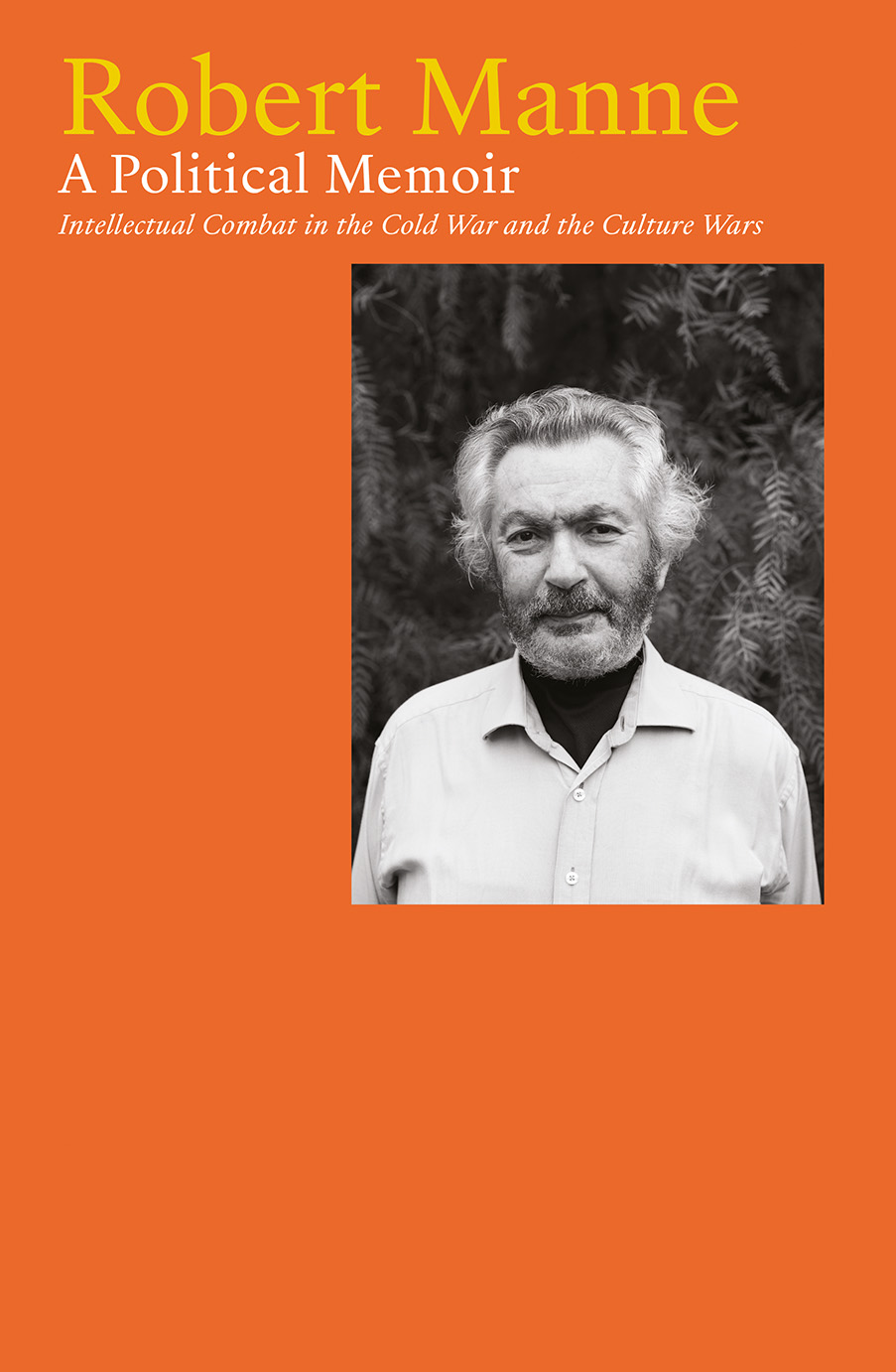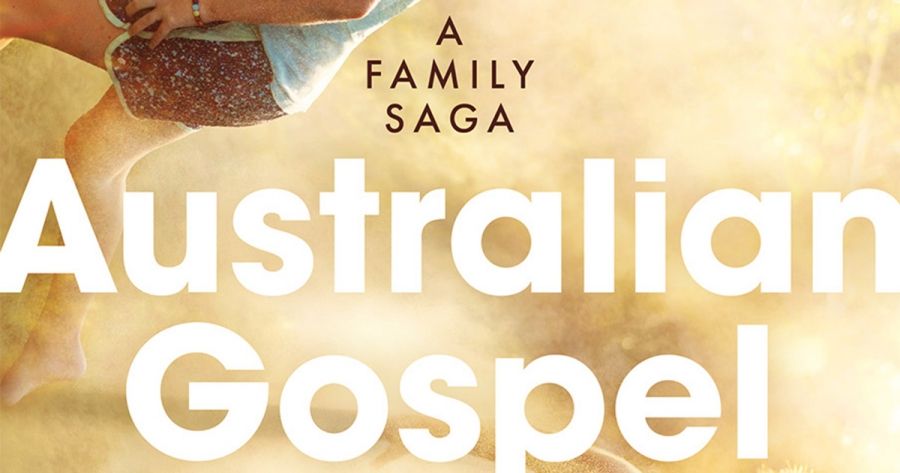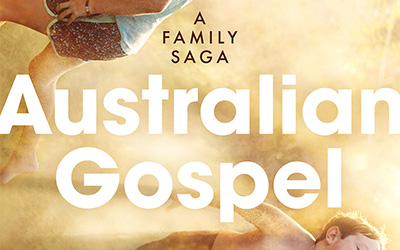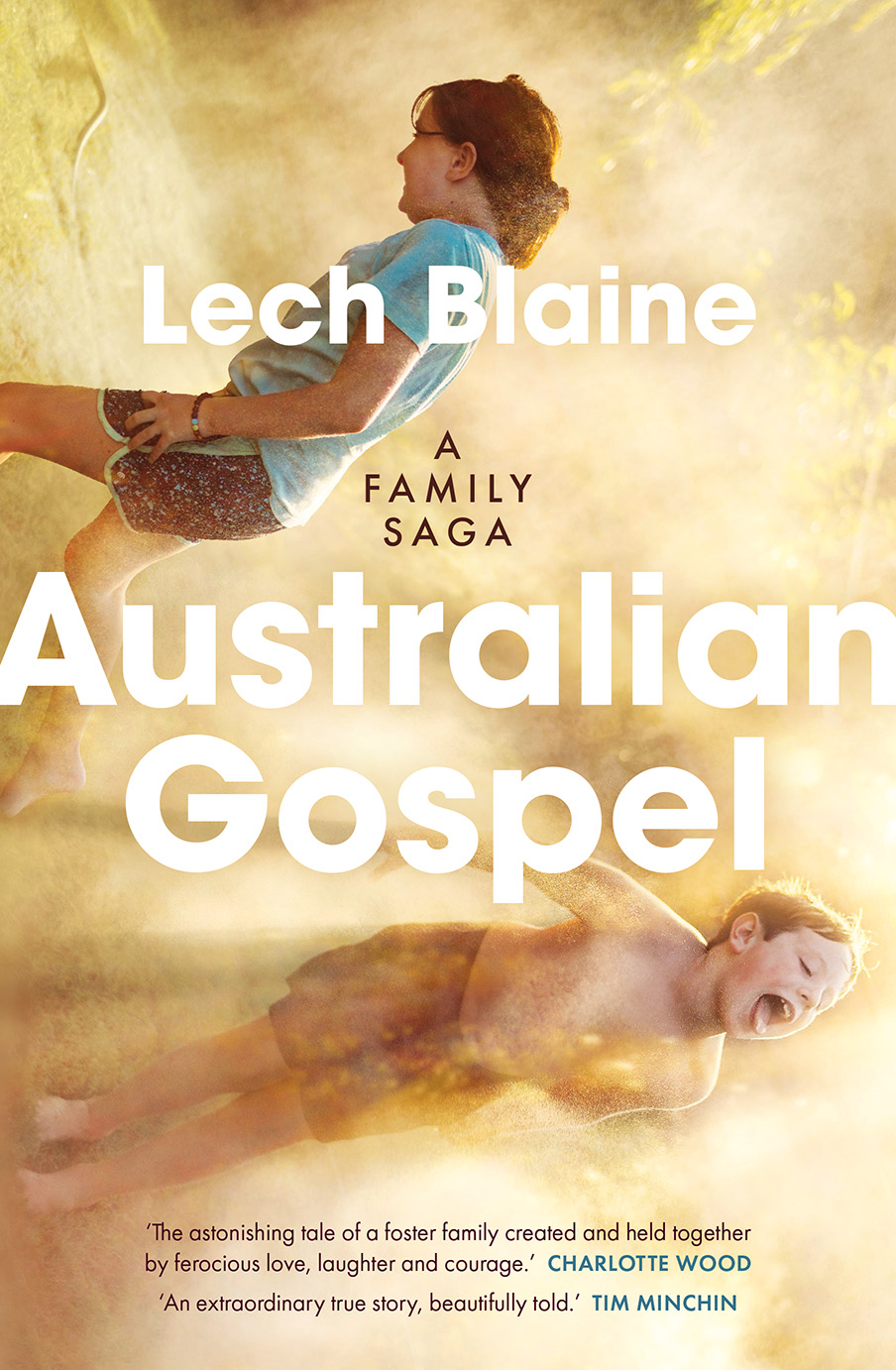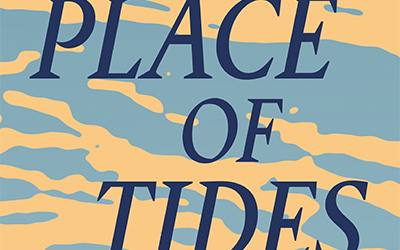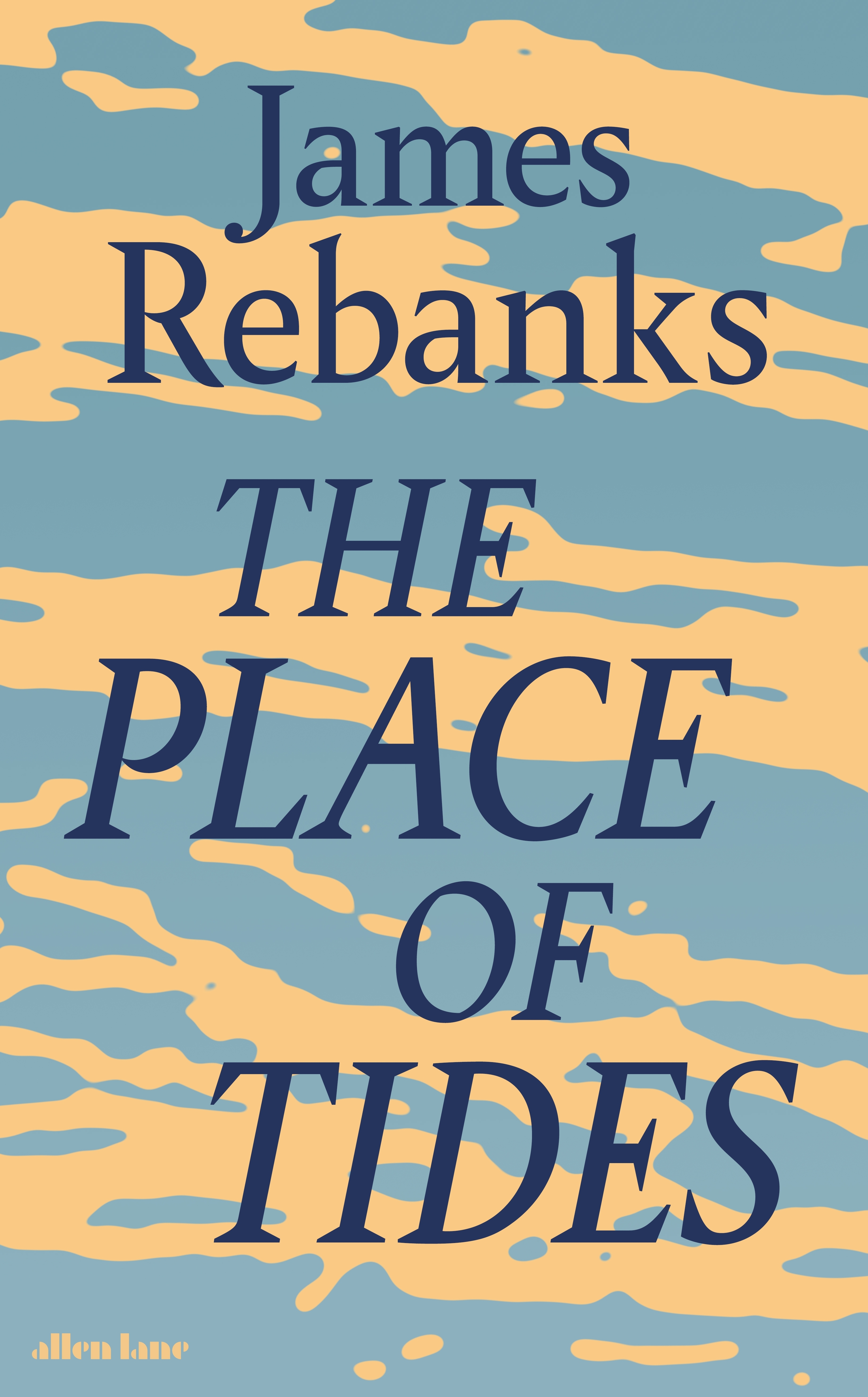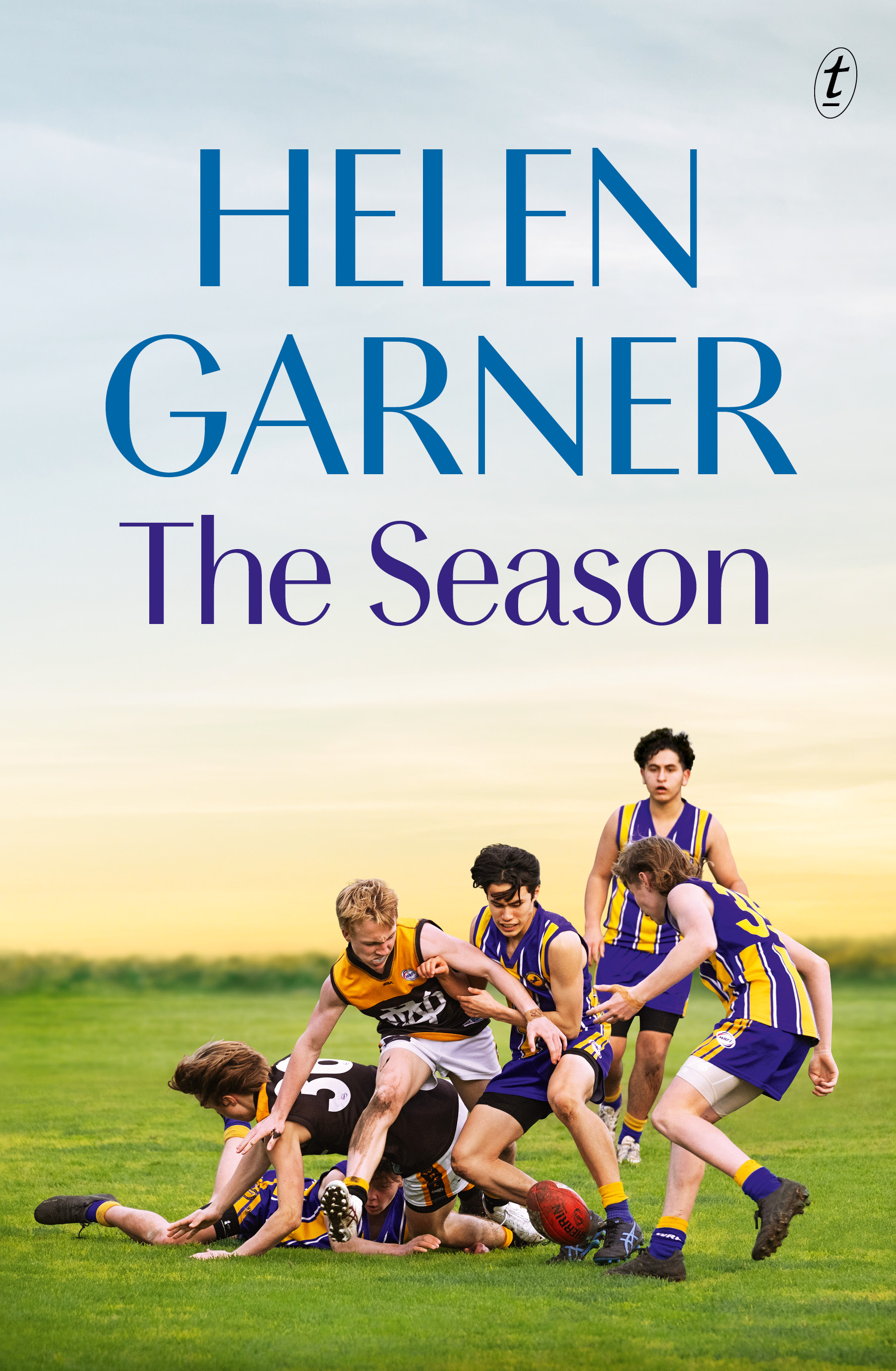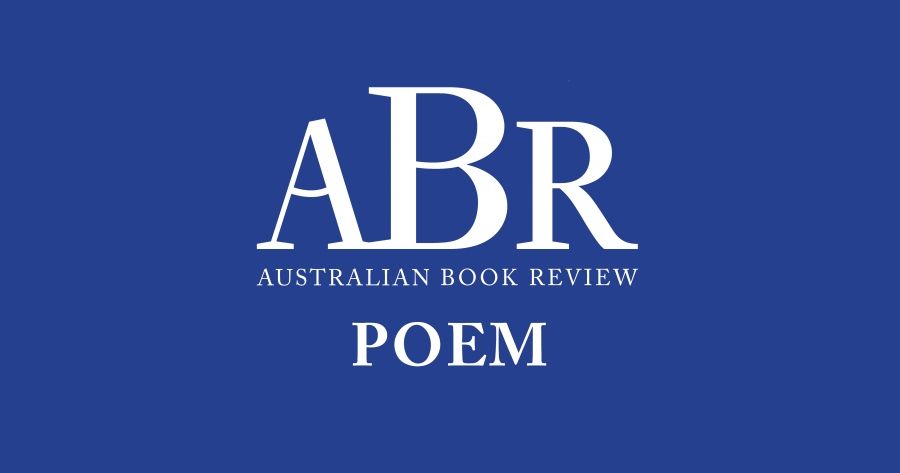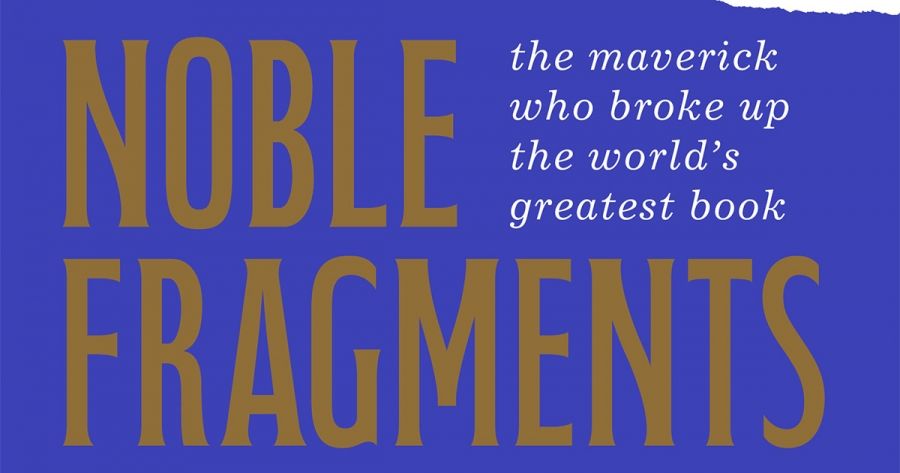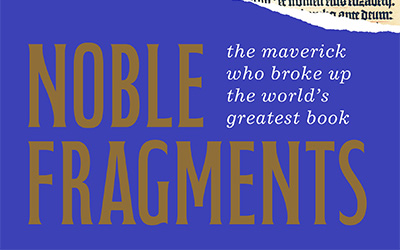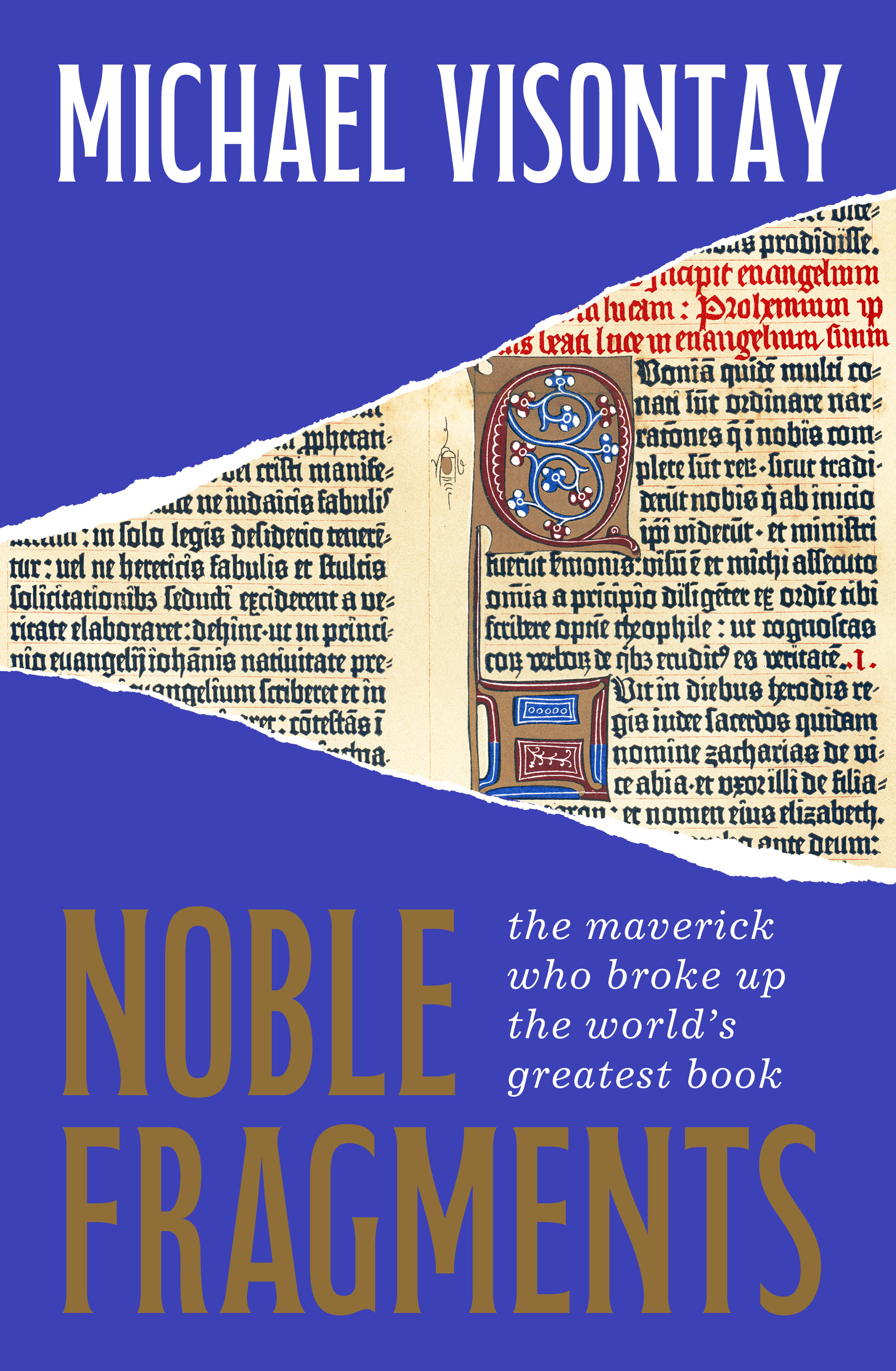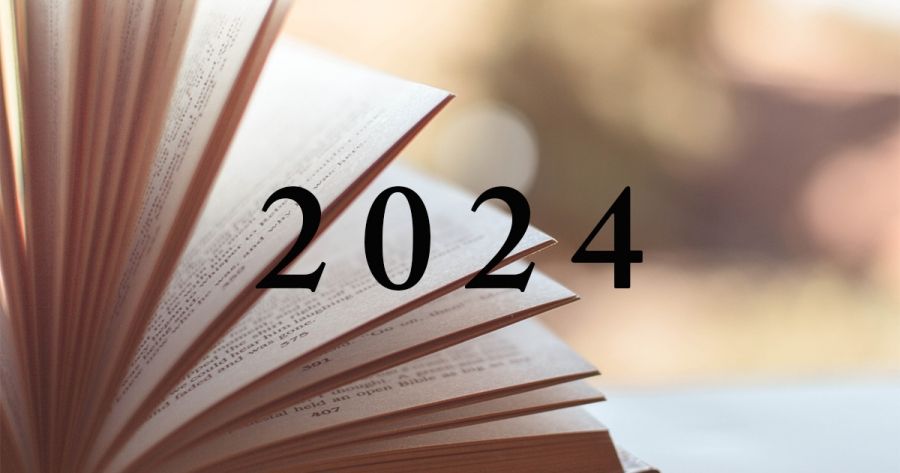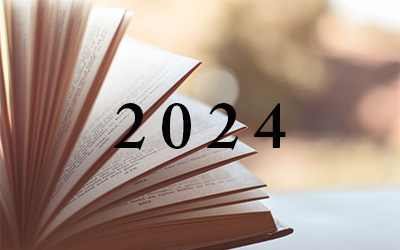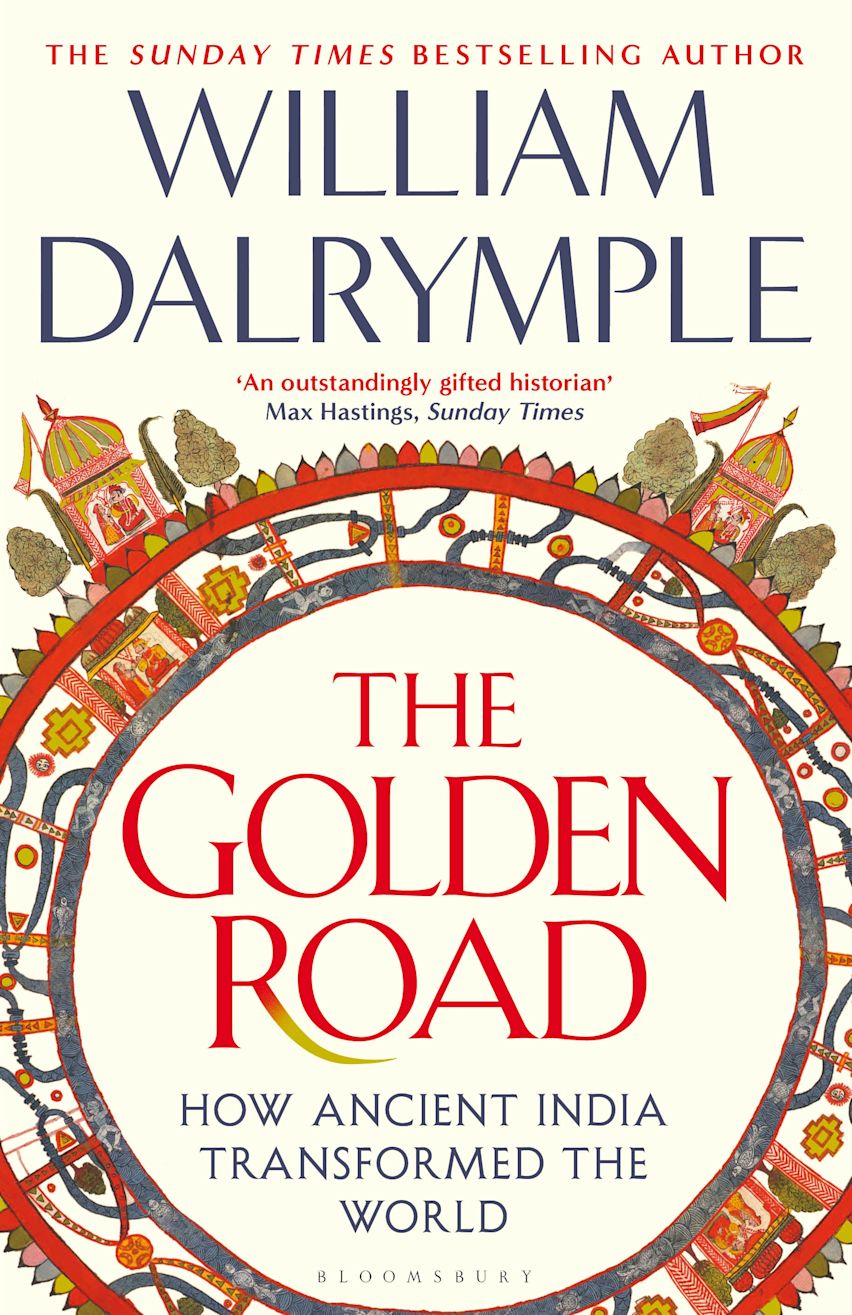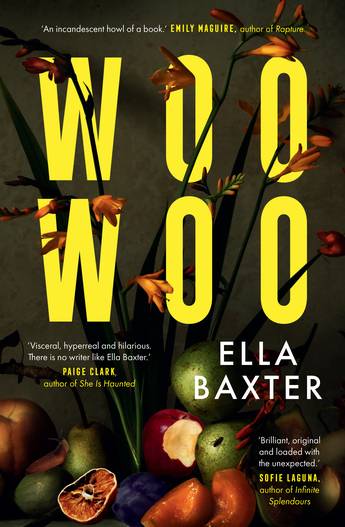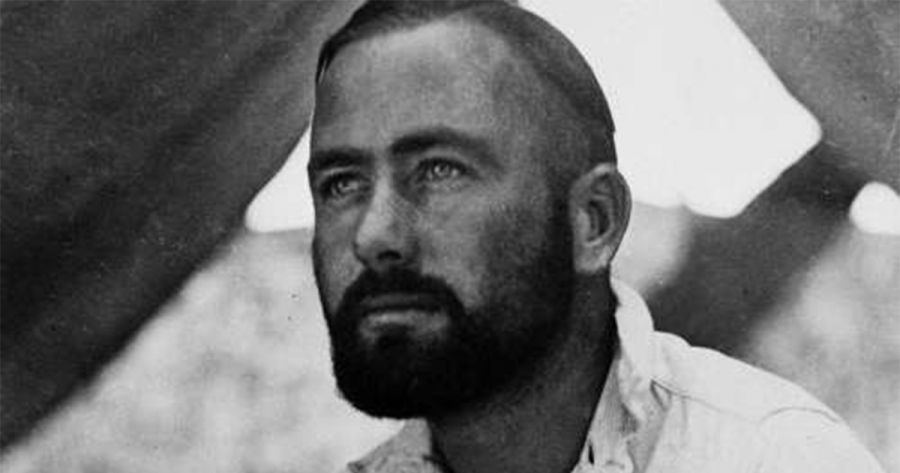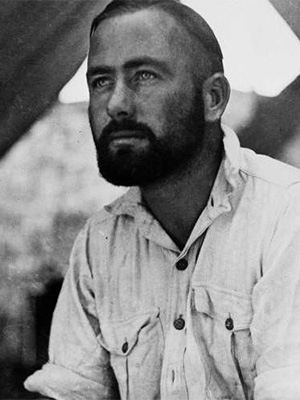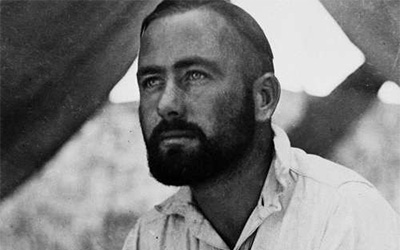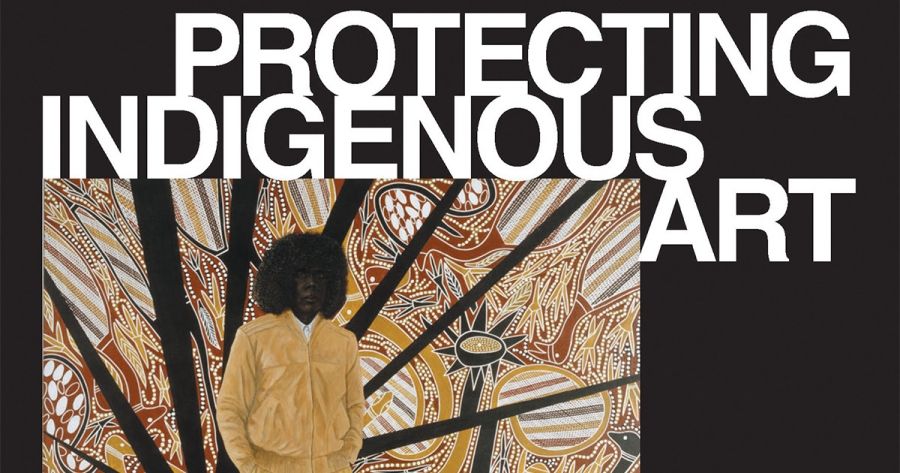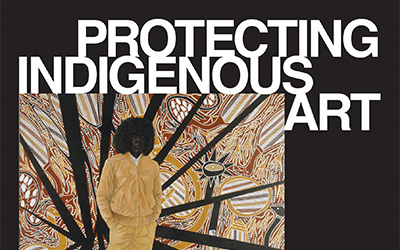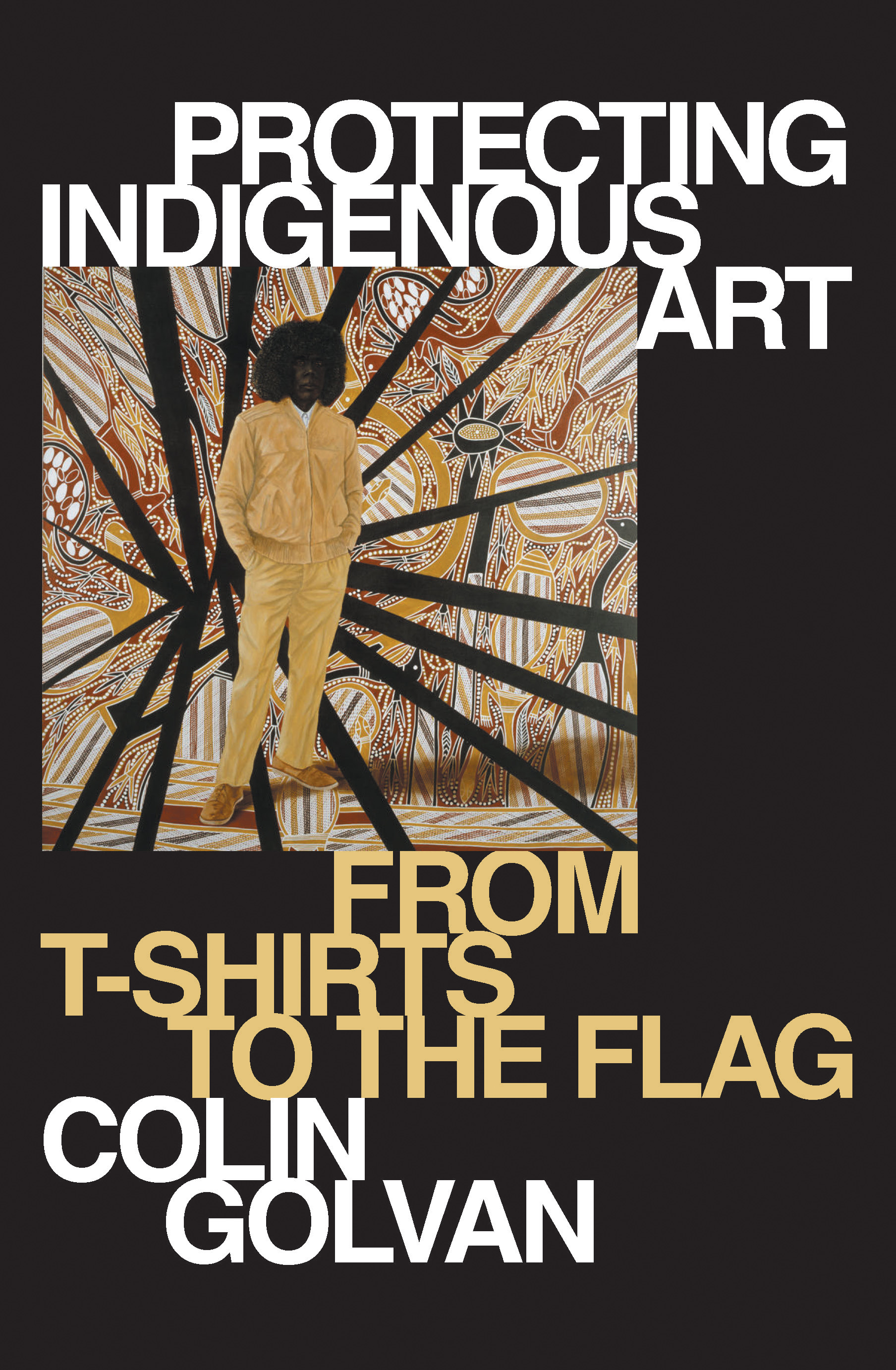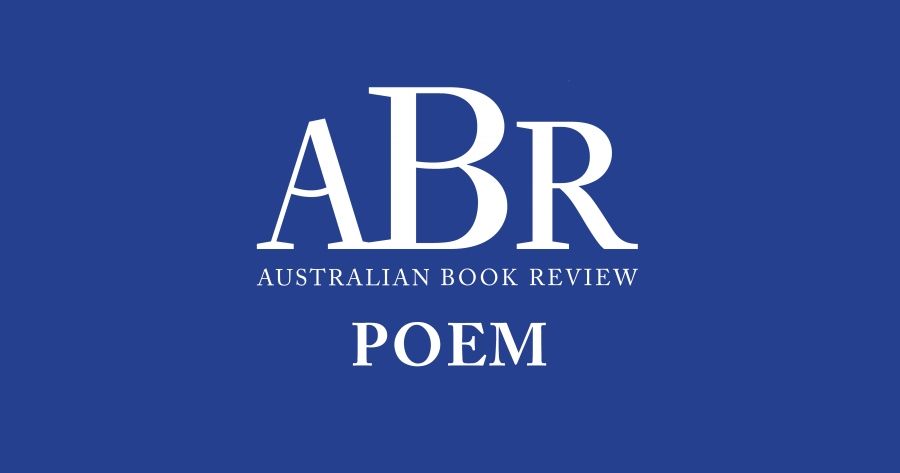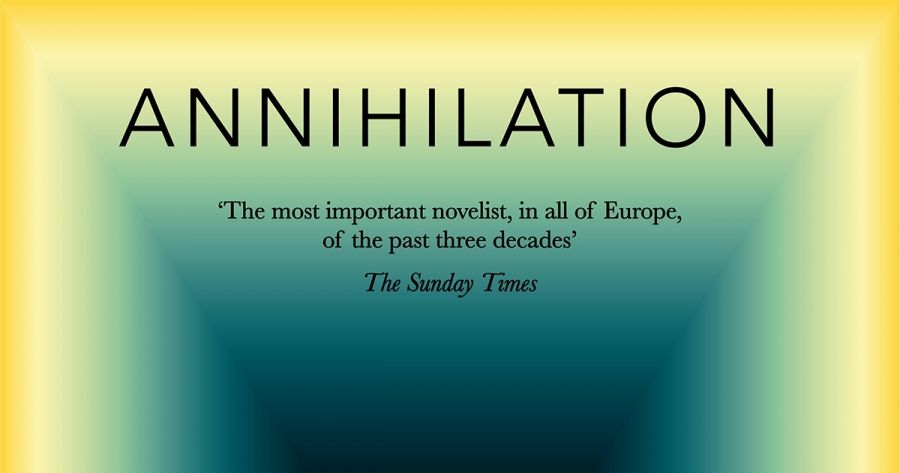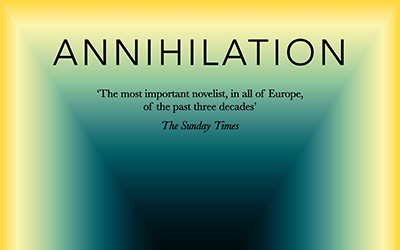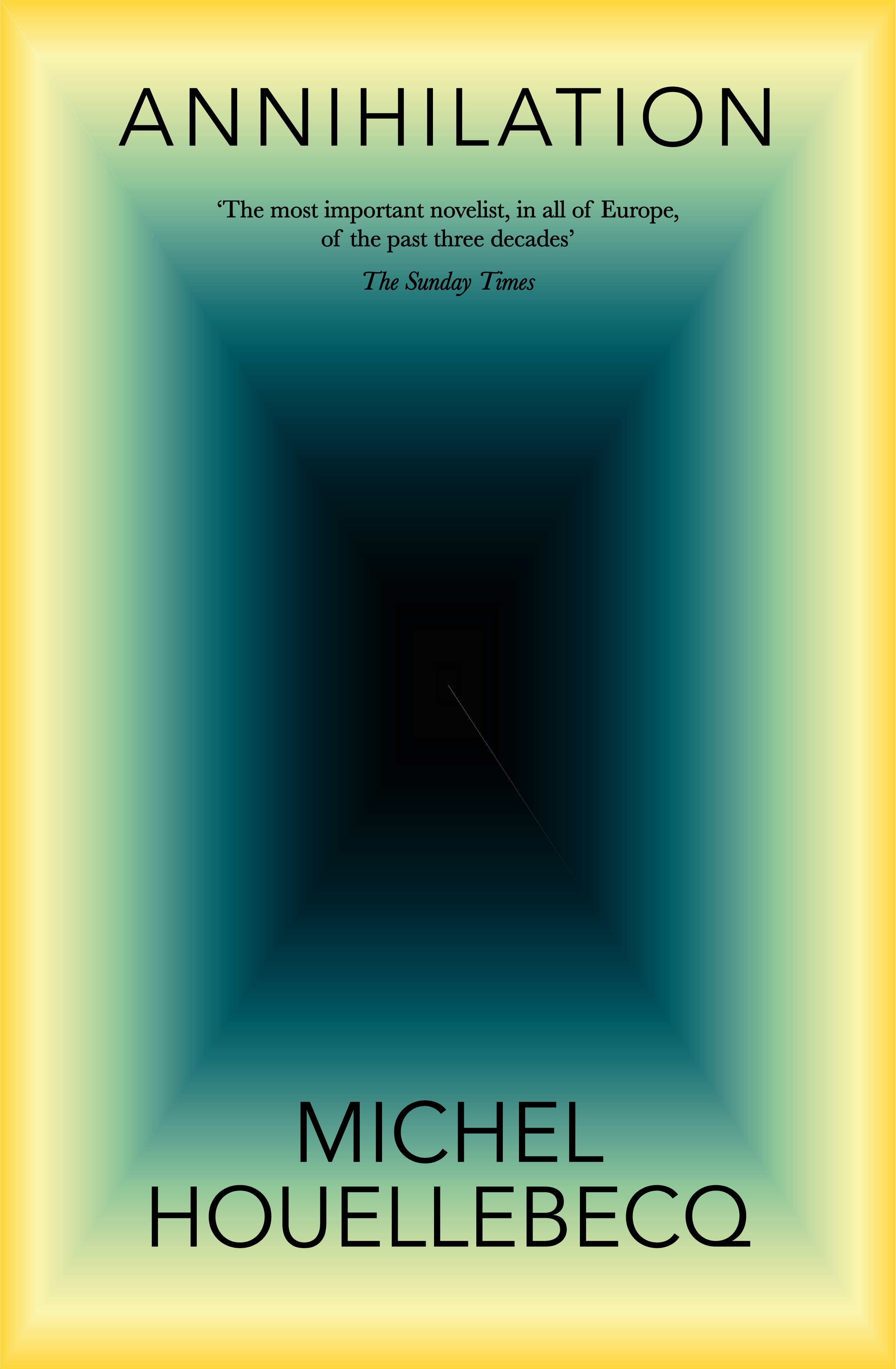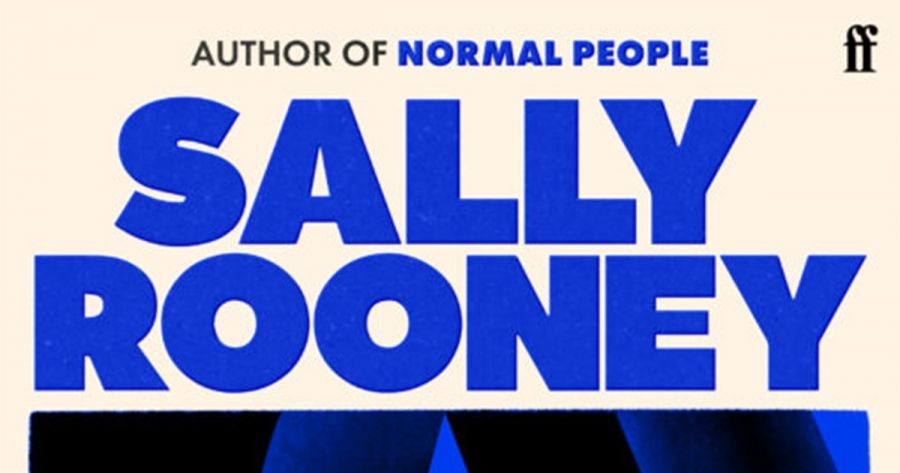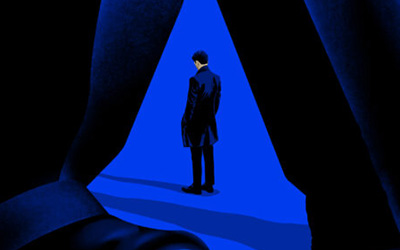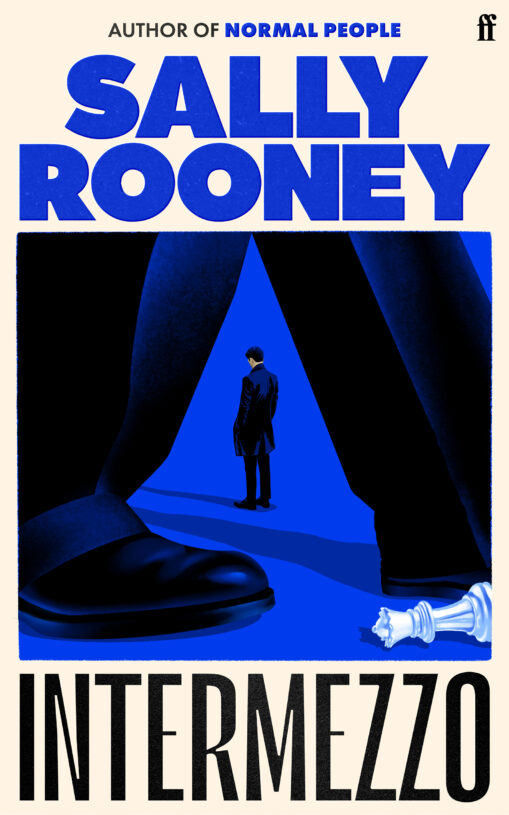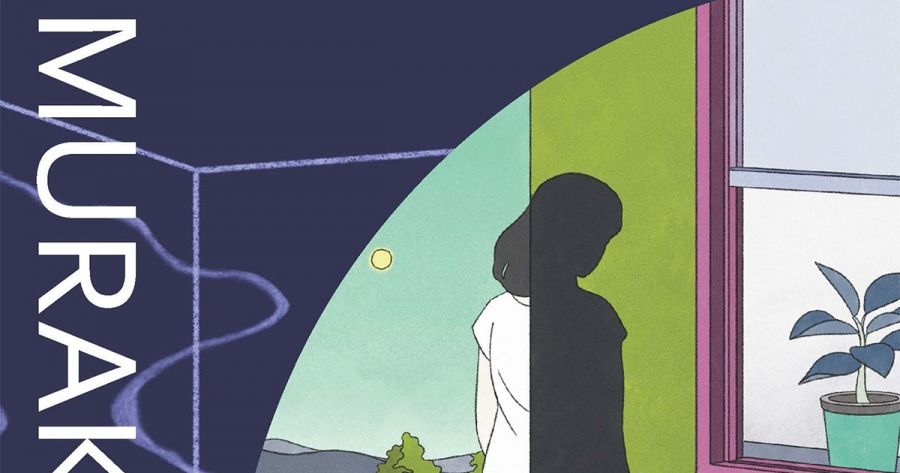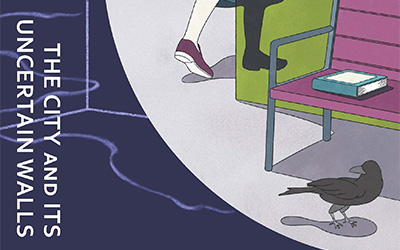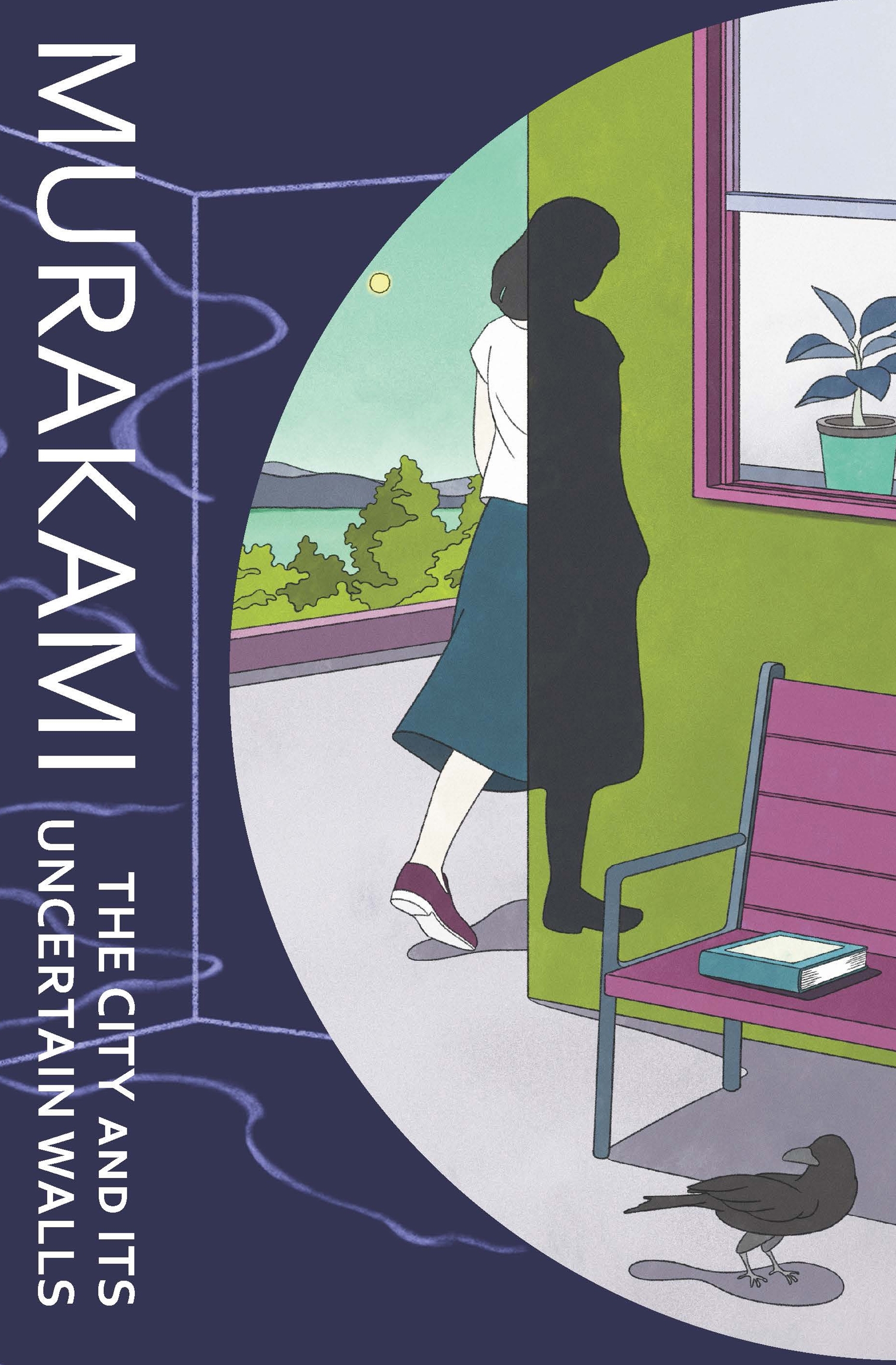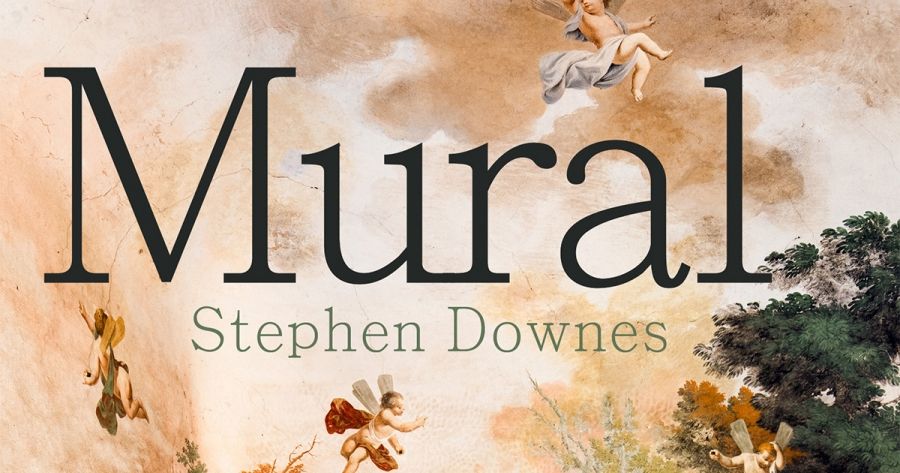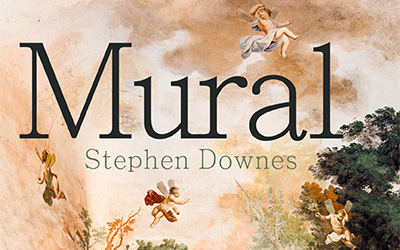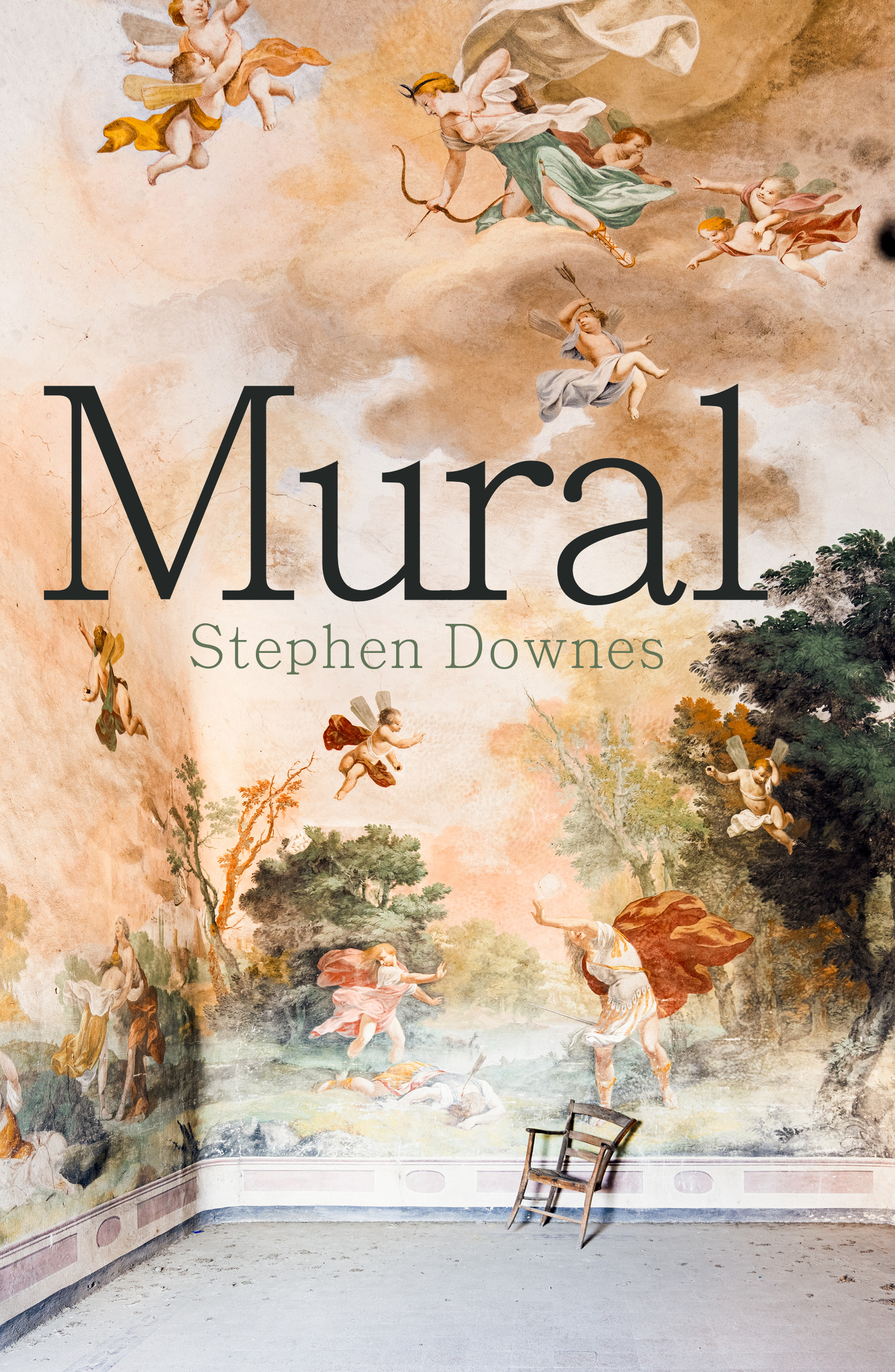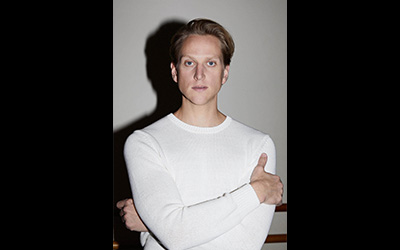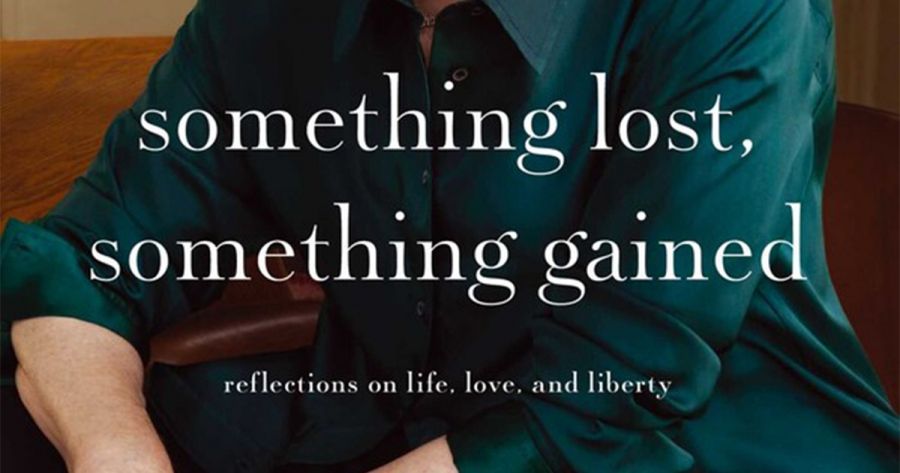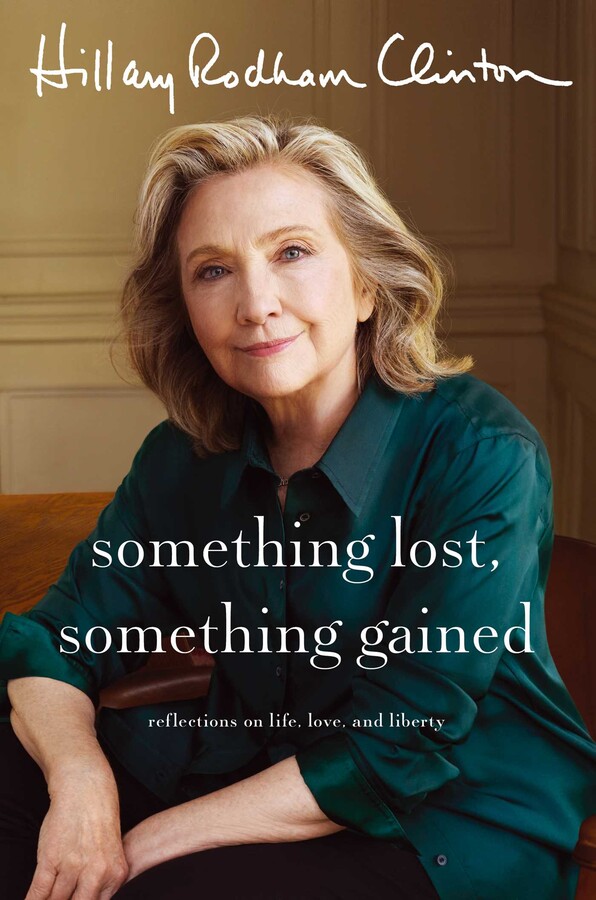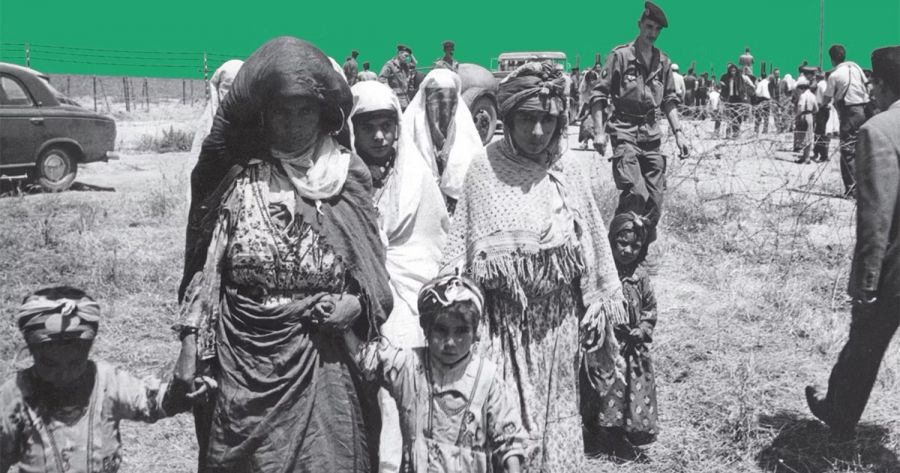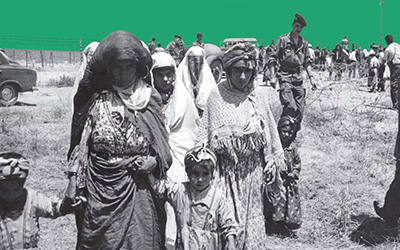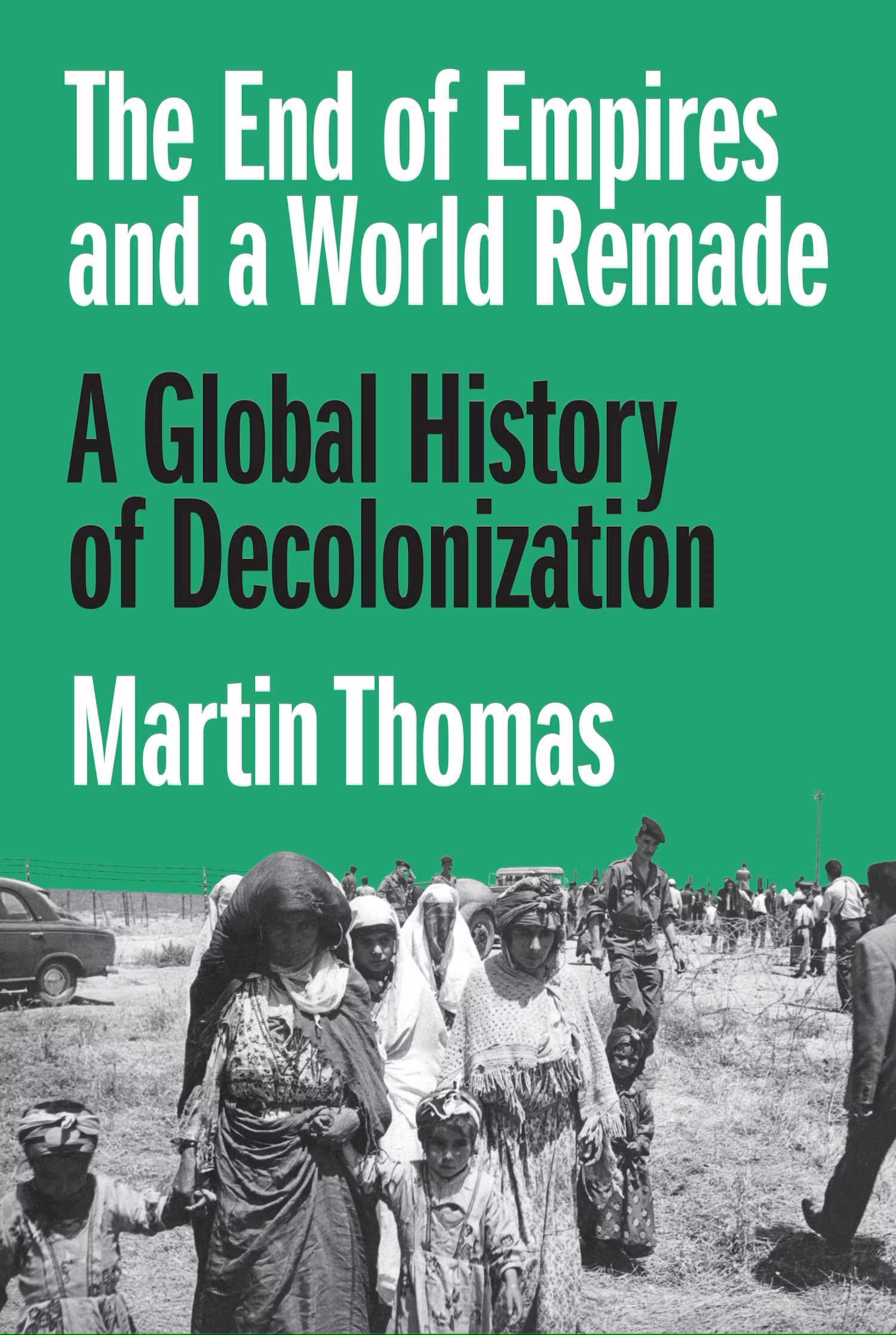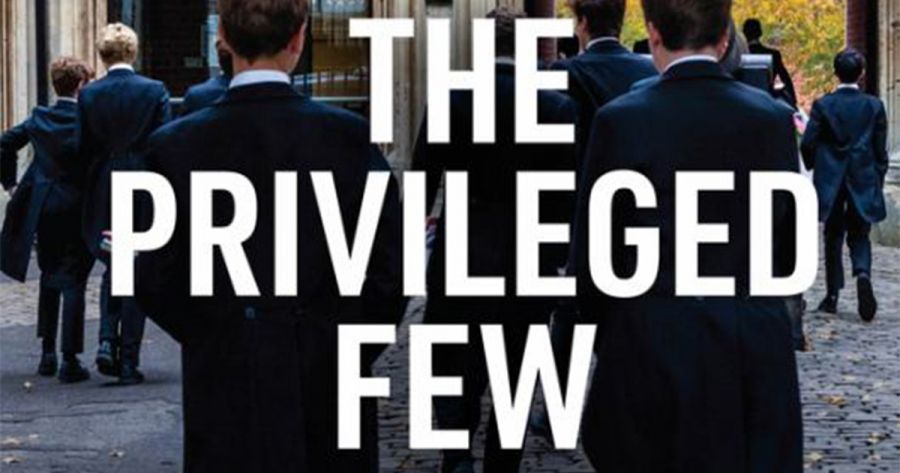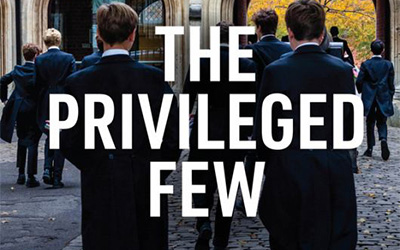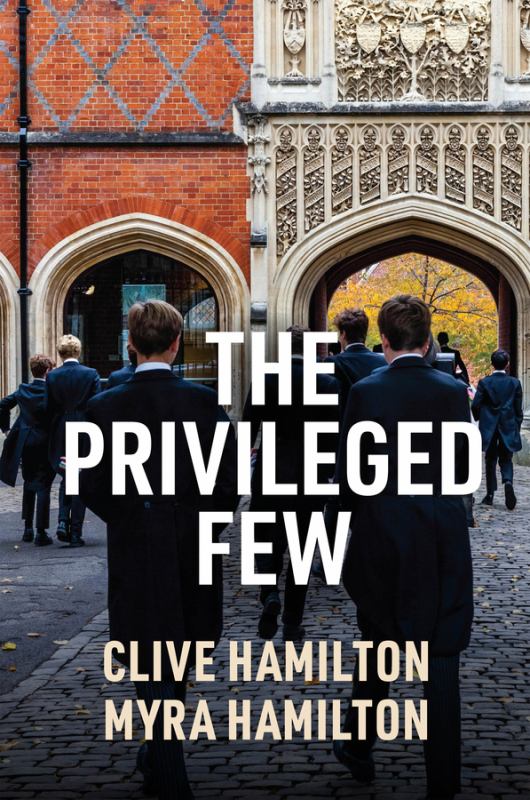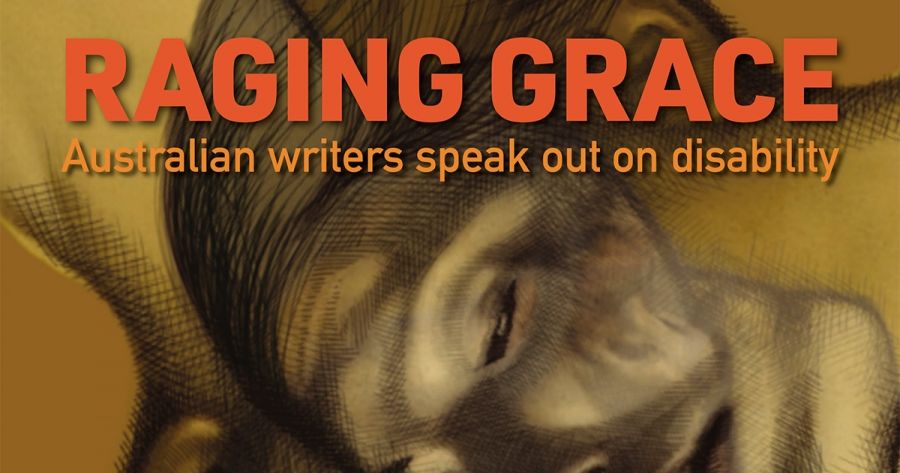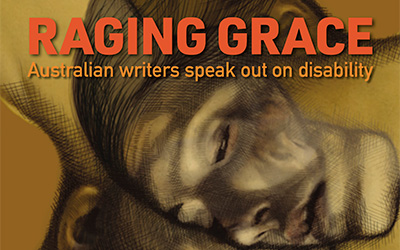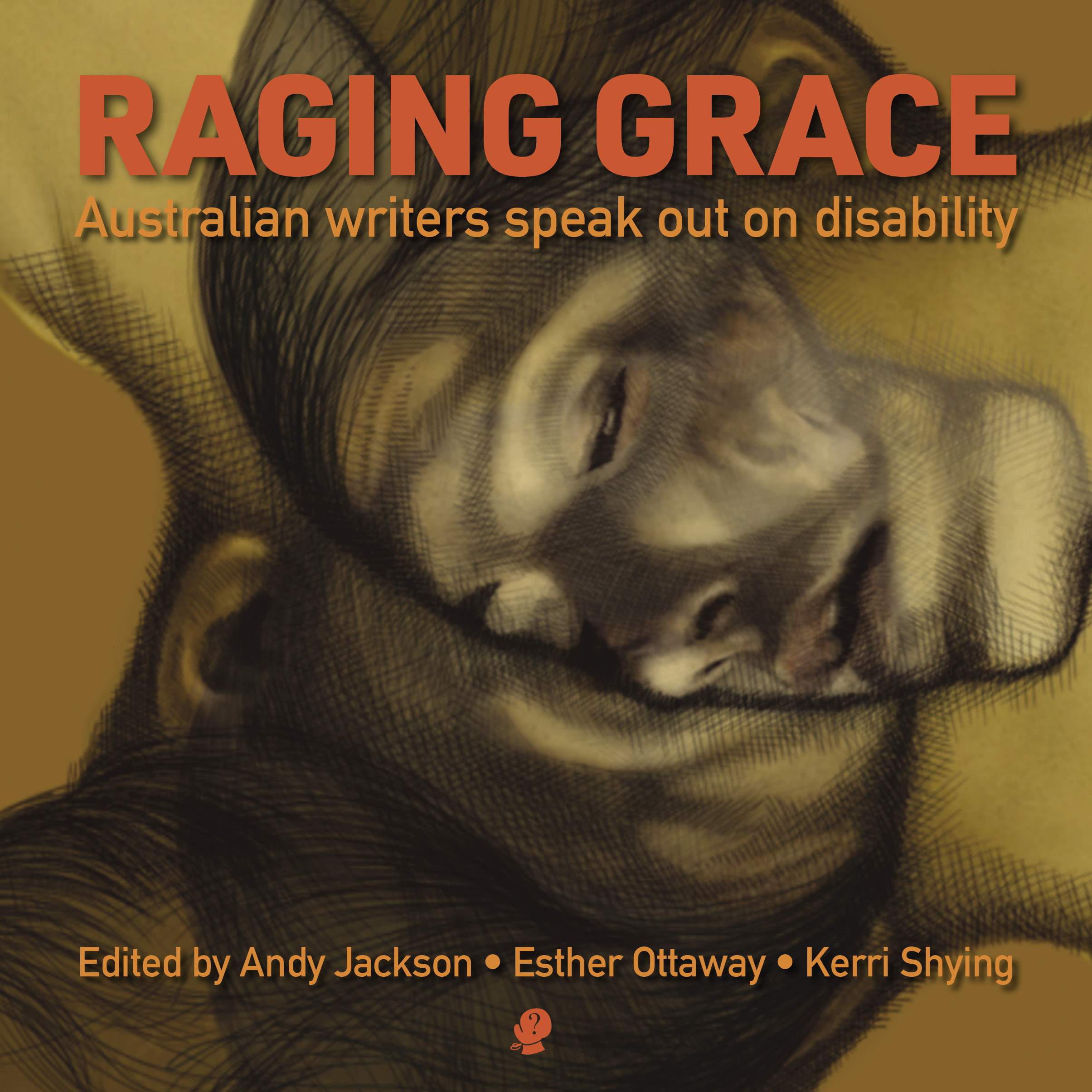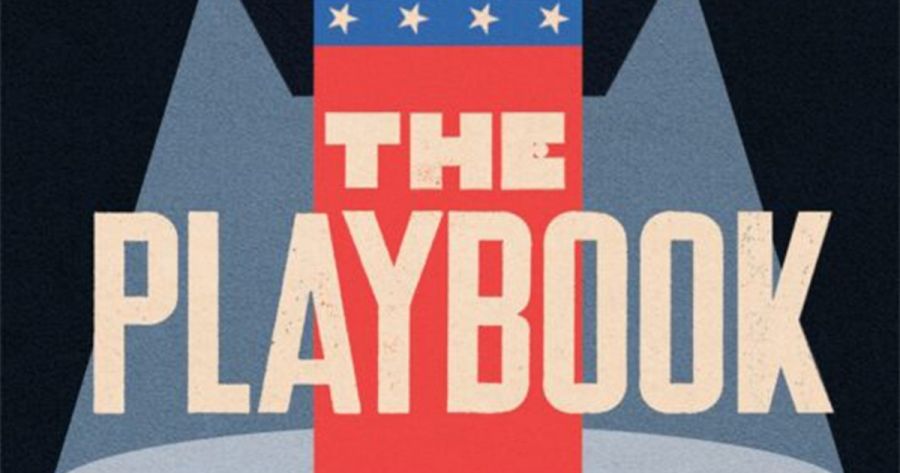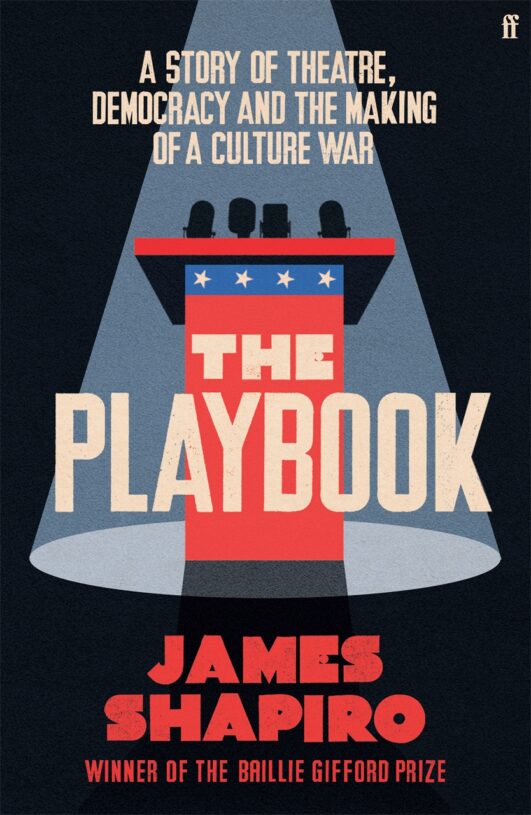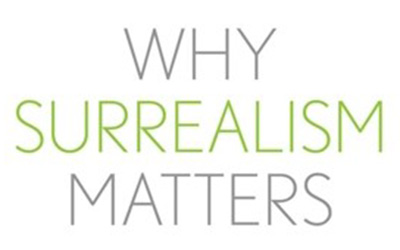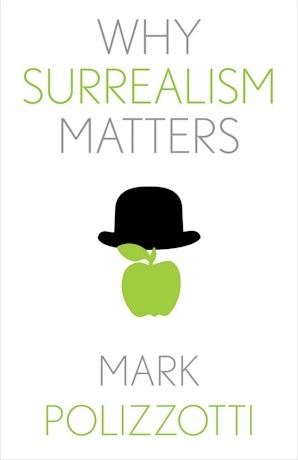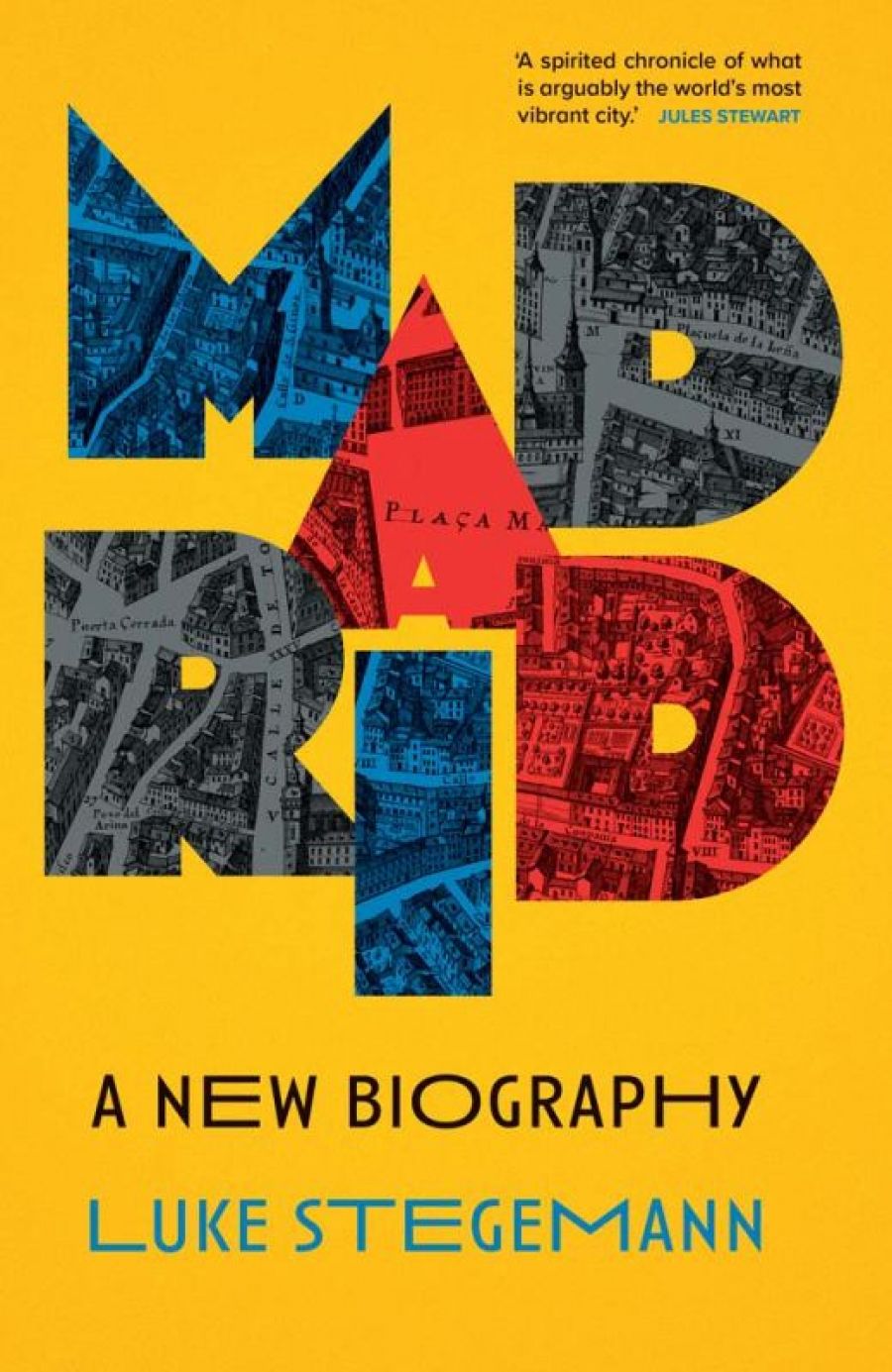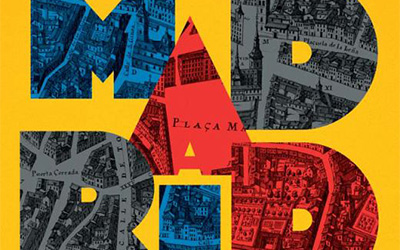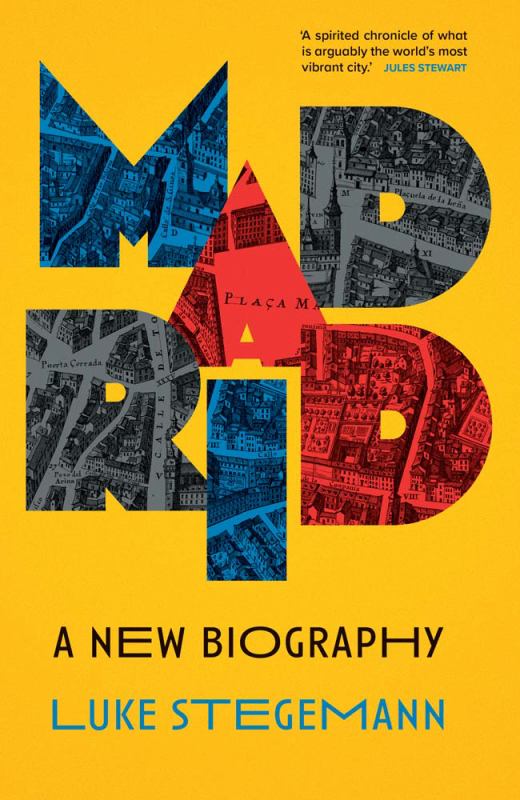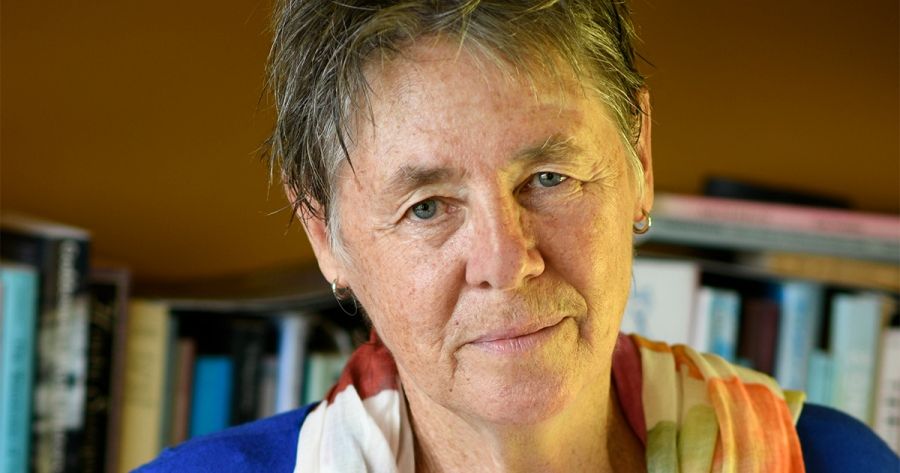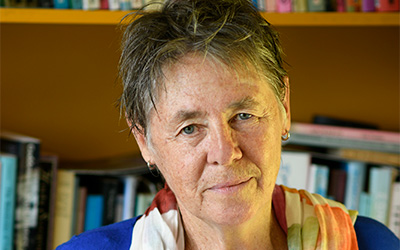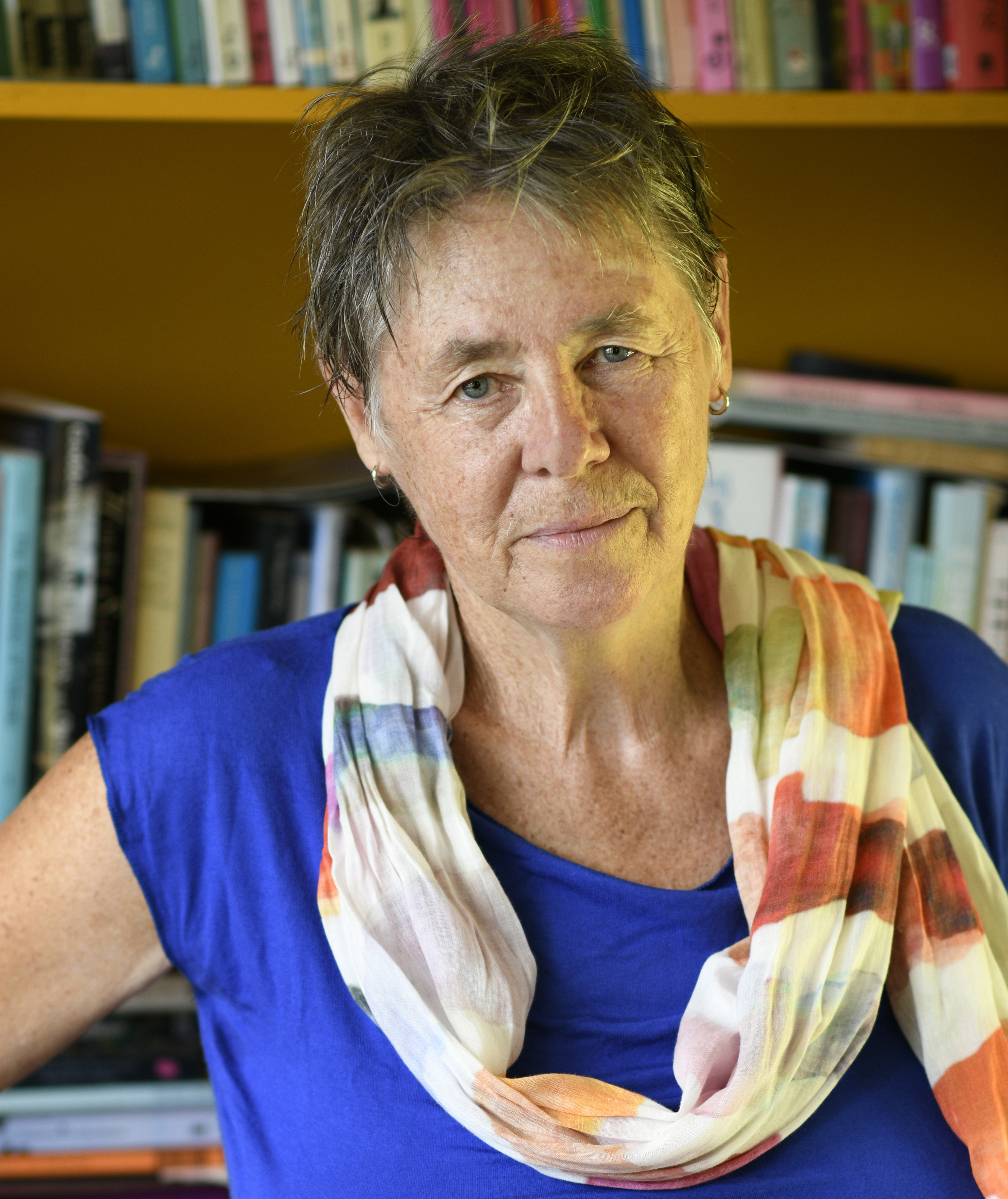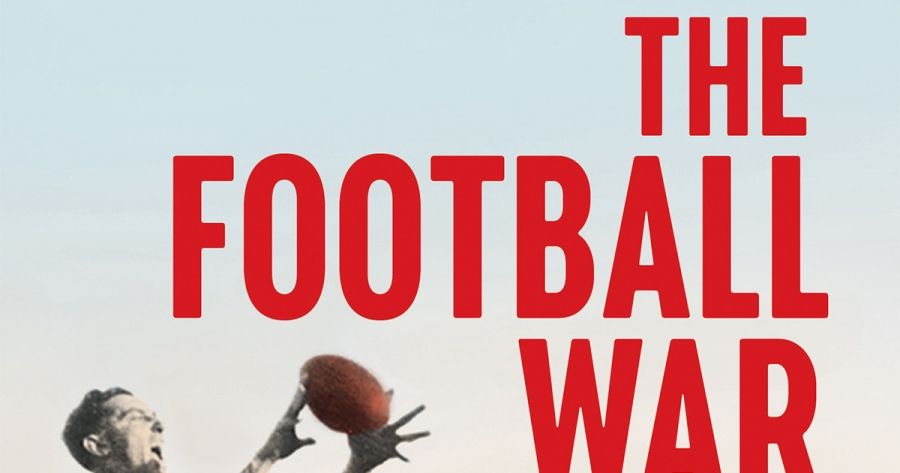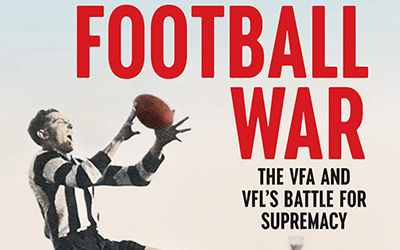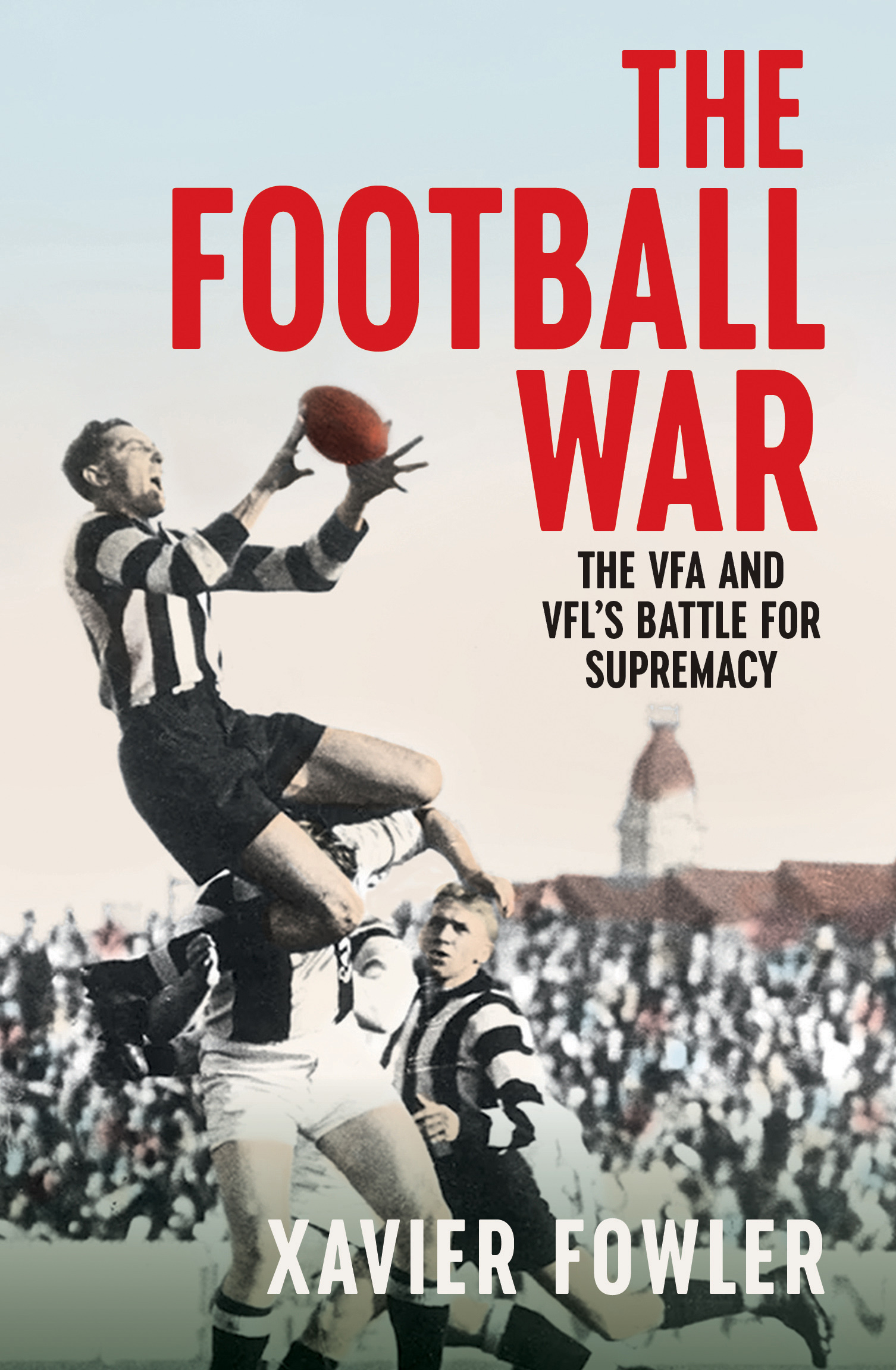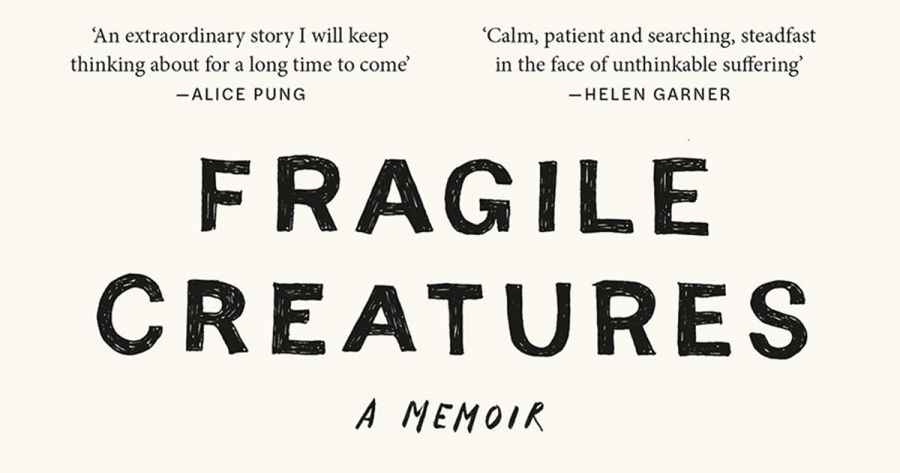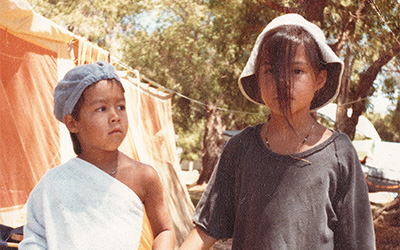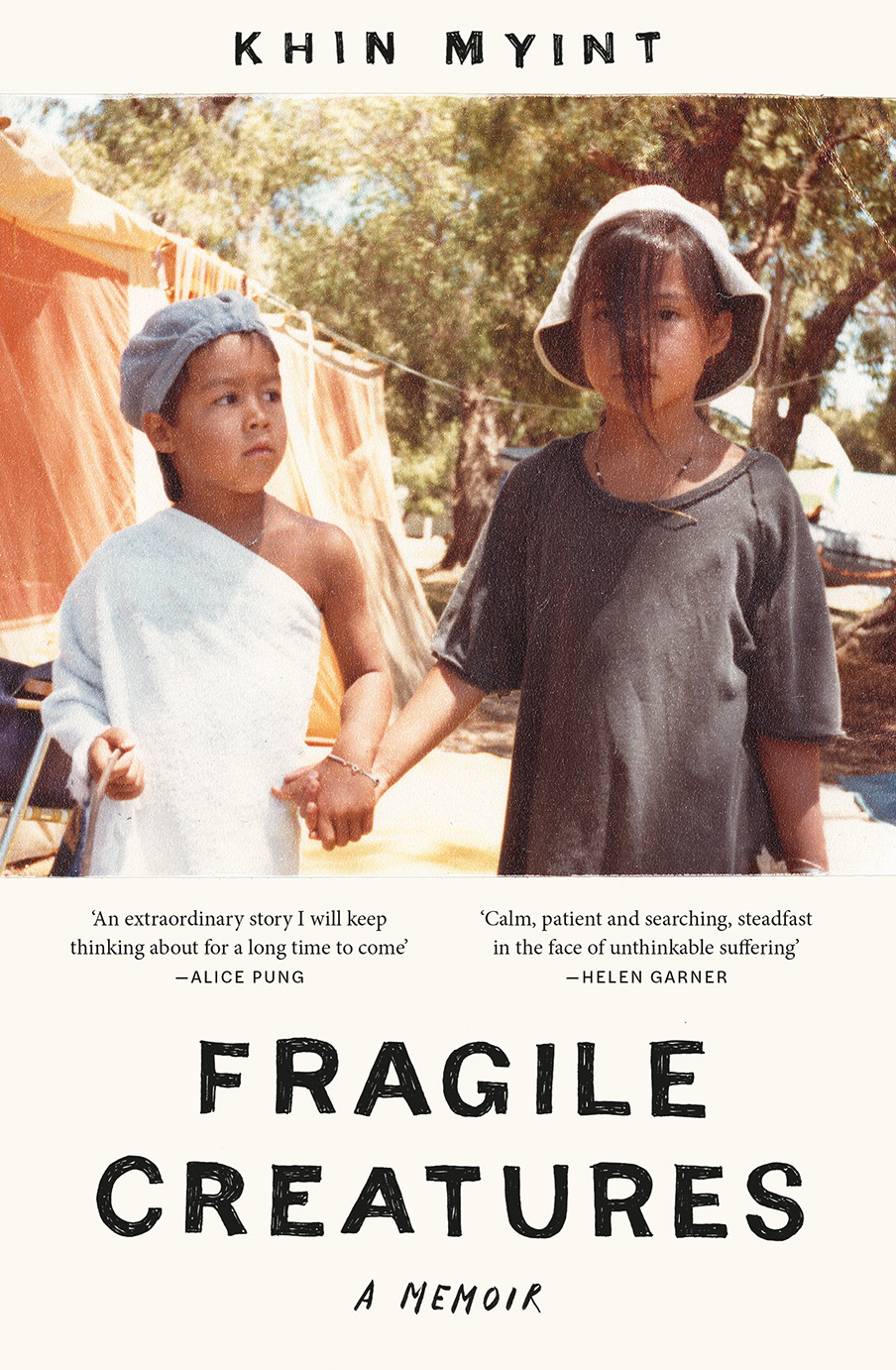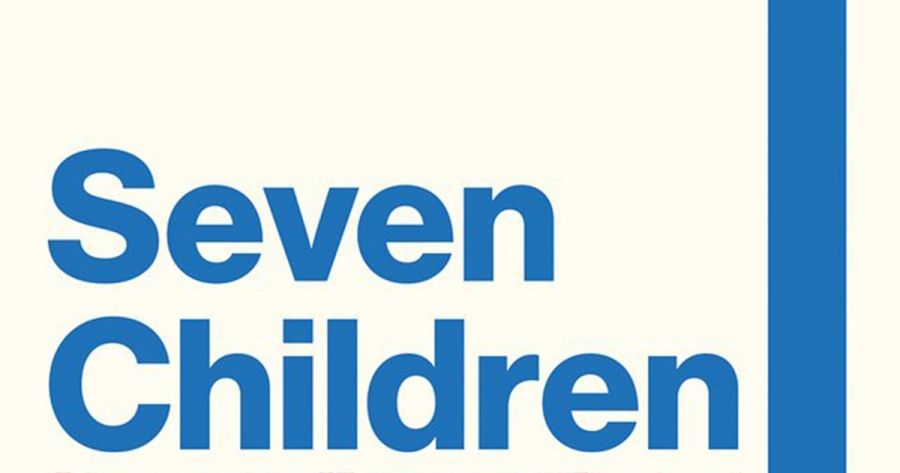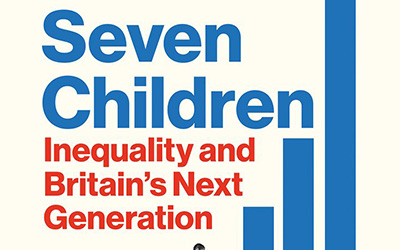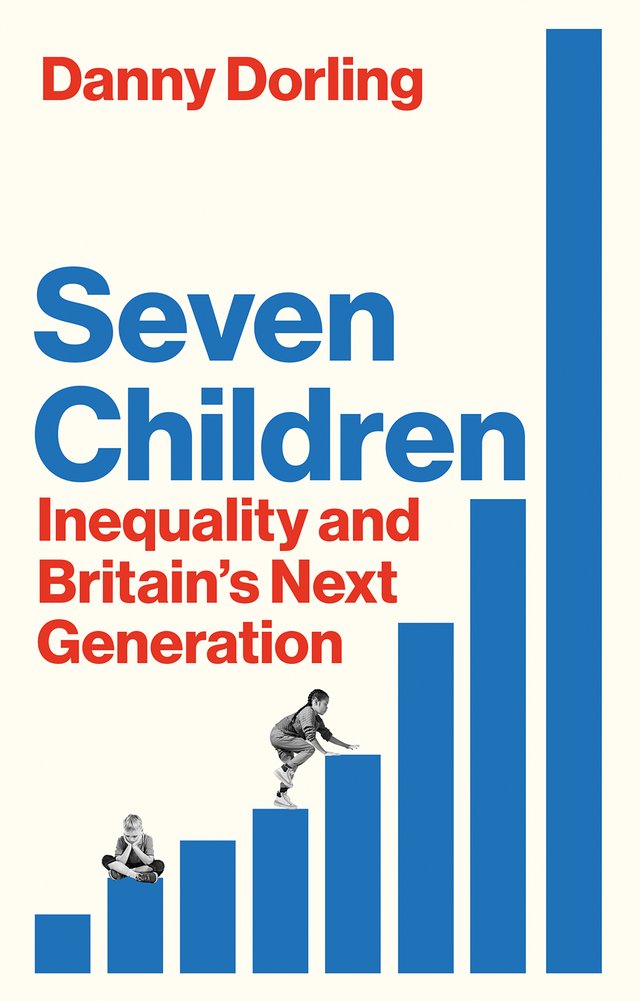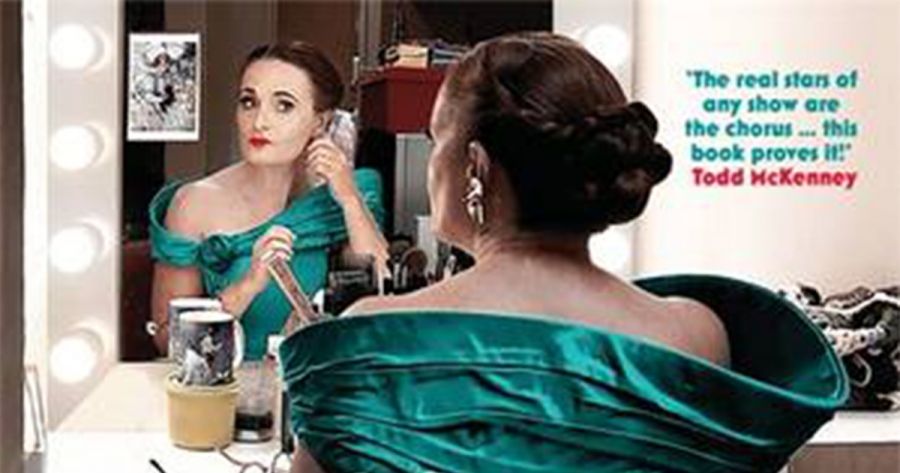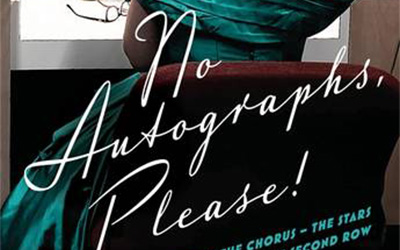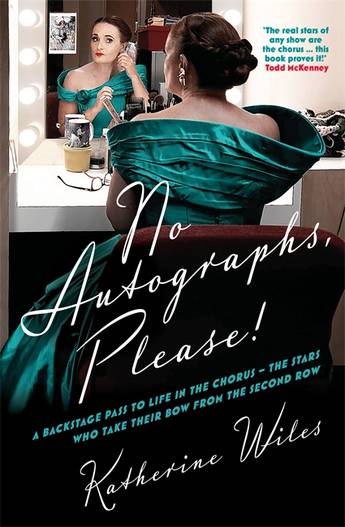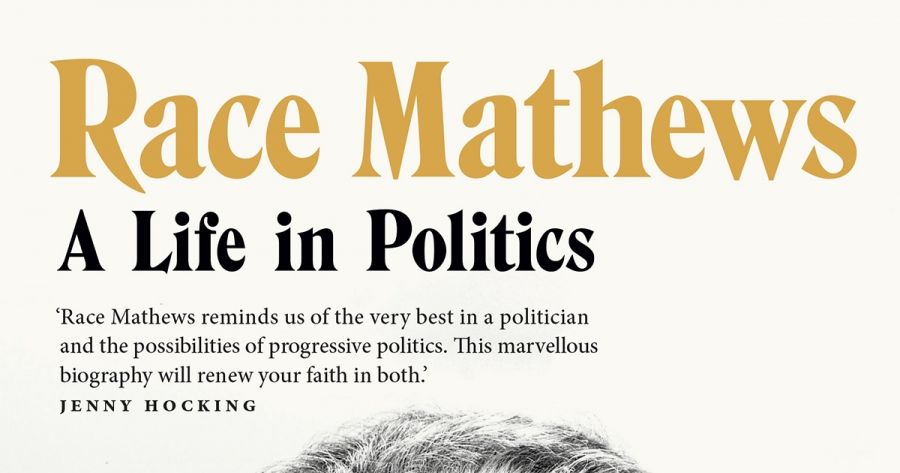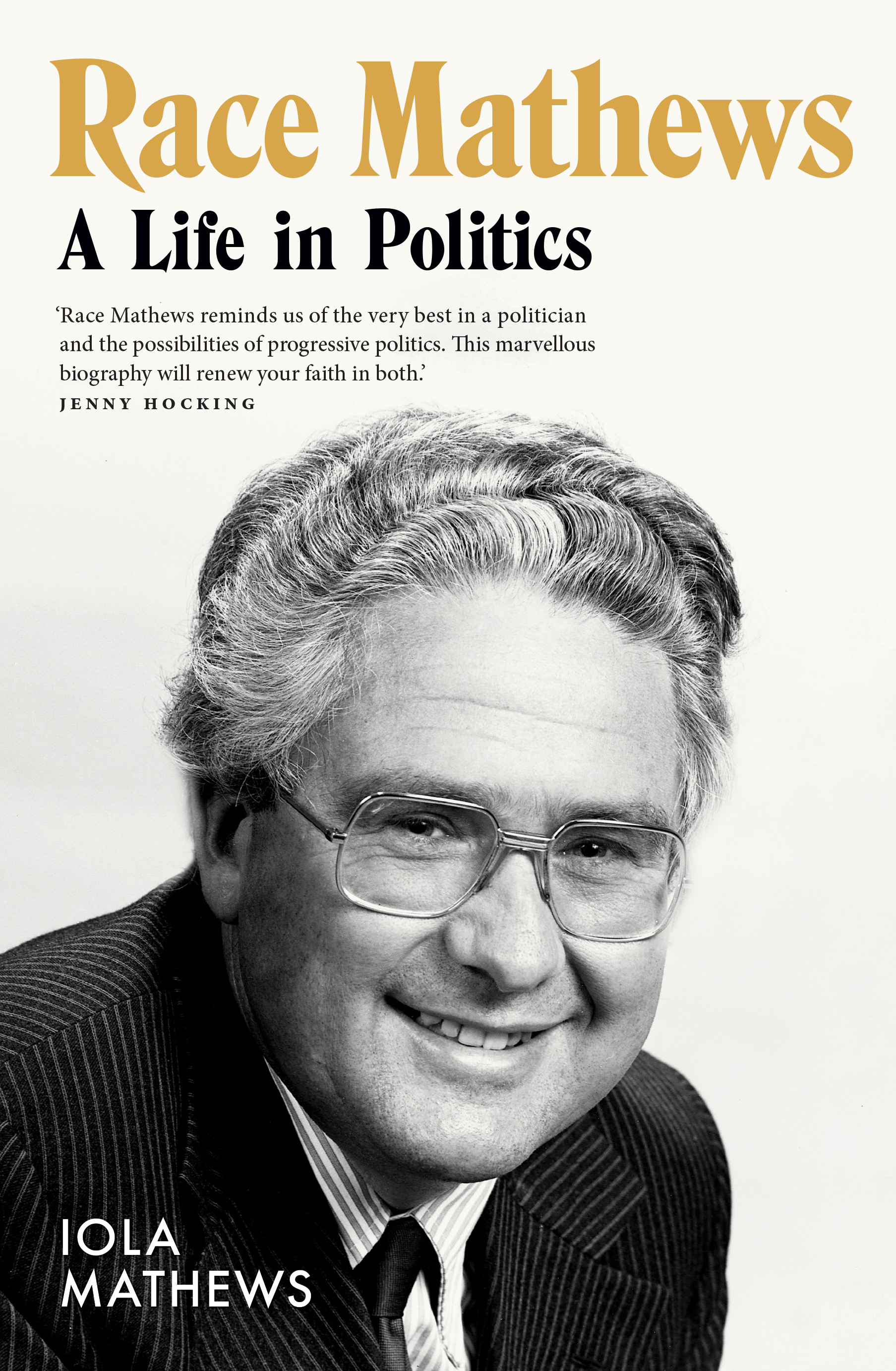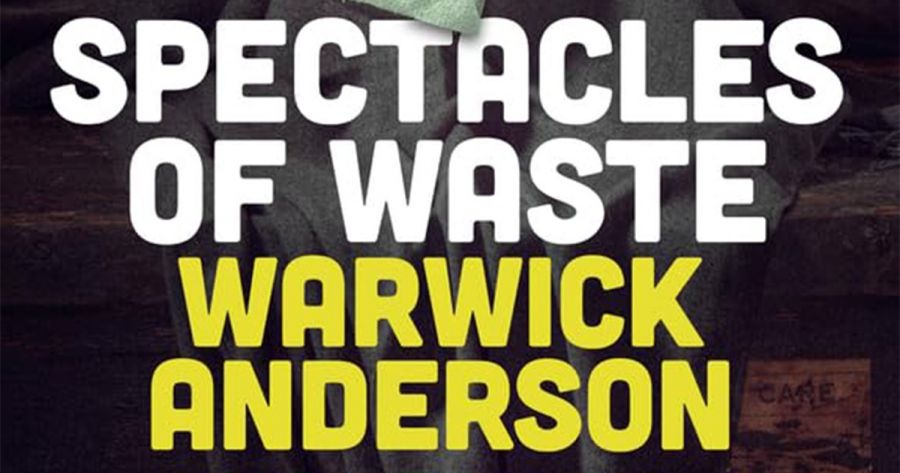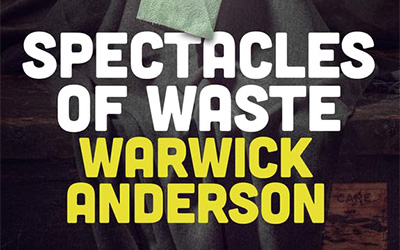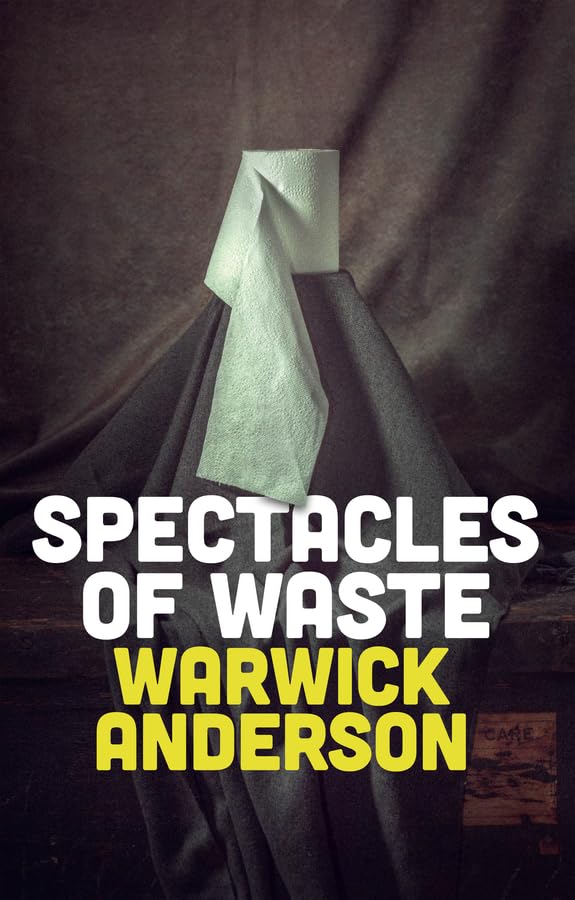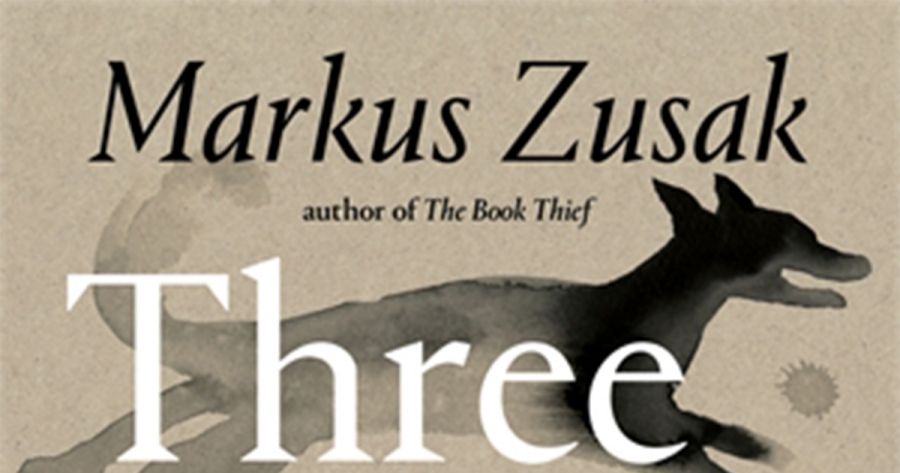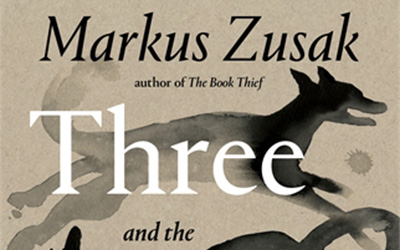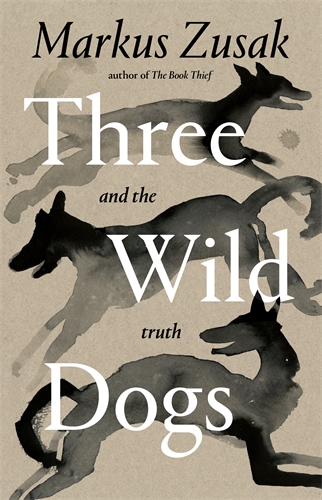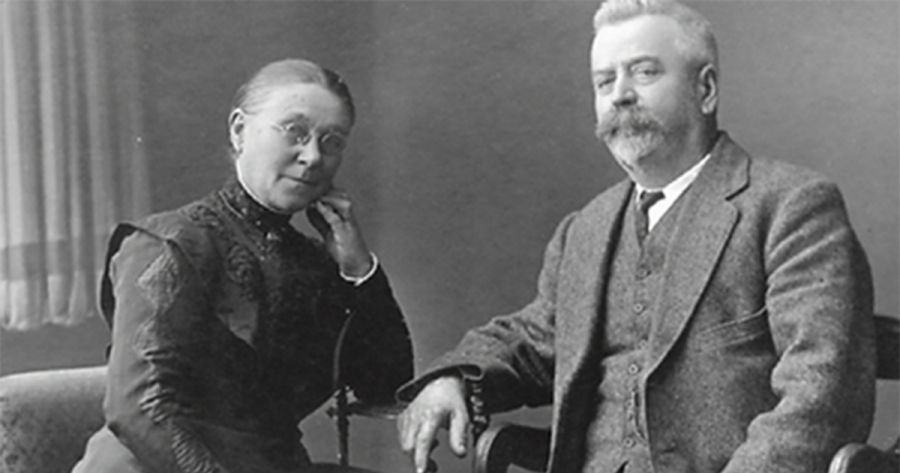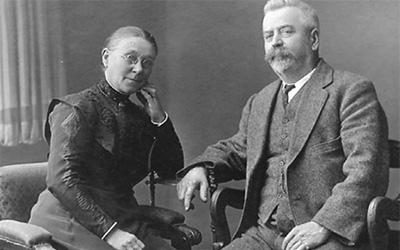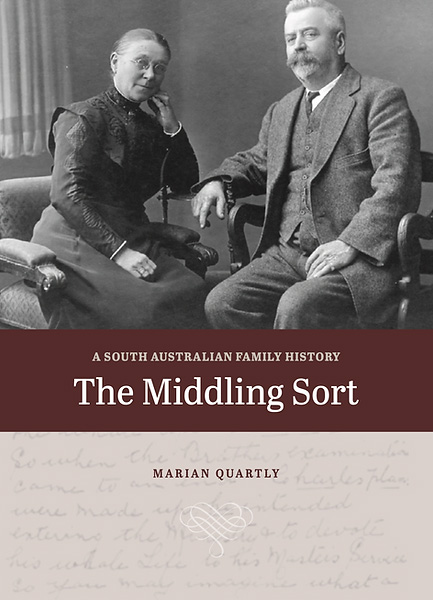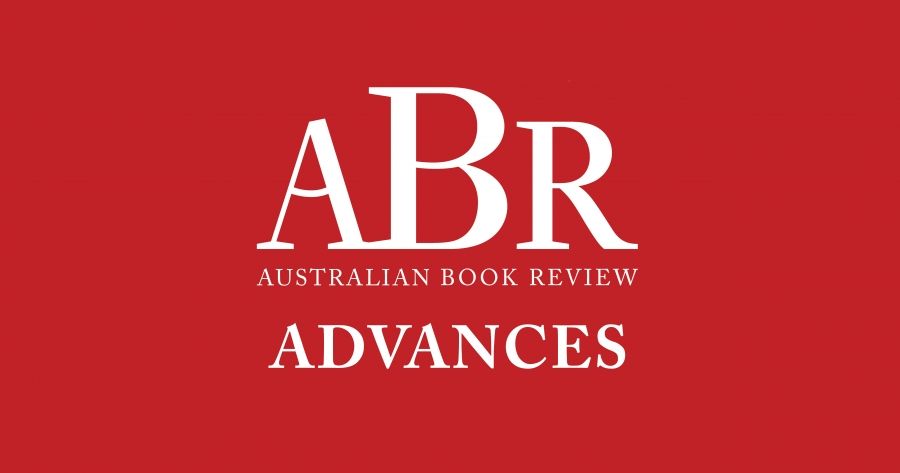
- Free Article: No
- Contents Category: Advances
- Review Article: No
- Article Title: Advances – December 2024
- Online Only: No
- Custom Highlight Text:
ABR has had a long association with Readings, a Melbourne icon with eight stores across the city and a buoyant online shop. Readings – a regular Independent Bookseller of the Year over the years – is renowned for its customer service and the quality of its stock.
The Readings Foundation, created by Mark Rubbo in 2009, assists Victorian organisations that support the development of literacy, community integration, and the arts. Since 2009, the Readings Foundation has donated more than $2 million to organisations that support our most vulnerable people.
- Featured Image (400px * 250px):
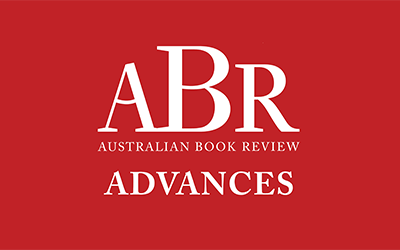
- Alt Tag (Featured Image): Advances – December 2024
ABR Science Fellowship
Readers will recall Robyn Arianrhod’s August 2024 article on the paucity of outlets for science writing. In ‘Beyond the Mundane: Popular Science Writing in Our Literary Landscape’, she wrote:
[I]n-depth popular science writing is rarely rated as ‘literary’ by our literary gatekeepers. For instance, it rarely makes the shortlists of our non-fiction literary awards … When it does, the emphasis is on the social and political consequences of science, rather than on its ideas.
Robyn Arianrhod began writing for ABR in 2019 and has written for us sixteen times since then. She is one of too few science writers appearing in the magazine. We know from successive surveys that ABR readers would like to see more science in our pages.
Prompted by her article, we are delighted to announce the creation of the ABR Science Fellowship. The Fellowship is intended to advance the careers of science writers and to augment ABR’s coverage of science and the history of science. The Fellowship is worth $5,000.
The chosen Fellow will be able communicate sophisticated ideas in lucid and engaging language for a general audience. Any writer is eligible to apply: scientists, scholars, academics, journalists, commentators, creative writers, etc. The Fellow will contribute three review essays or commentaries over twelve months. We expect that the Fellowship will become a regular program, complementing the ABR Fellowships, of which we have offered about twenty-five since 2001.
Those interested have until 20 January to apply. See our website for Terms and Conditions and Frequently Asked Questions. ABR Editor Peter Rose will choose the Fellow with legendary science broadcaster Robyn Williams, who has hosted The Science Show on ABC Radio National since 1975.
The Fellowship is supported by a bequest from another contributor, Dr Ann Moyal AM (1926-2019), a historian noted for her work in the history of science. On page 64 of this issue, we republish Ann’s final article in ABR, a review of Peter Doherty’s book The Knowledge Wars, in which she writes: ‘Here is a moral philosopher deeply concerned with the need for a communal sense of “duty of care” … Become a player, he exhorts us; reconnect with nature, and buy into the critical thinking and evidence-based values of the science culture.’
‘Evidence-based values’: now there’s a notion worth championing at the end of this confounded year.
Readings and ABR
ABR has had a long association with Readings, a Melbourne icon with eight stores across the city and a buoyant online shop. Readings – a regular Independent Bookseller of the Year over the years – is renowned for its customer service and the quality of its stock.
The Readings Foundation, created by Mark Rubbo in 2009, assists Victorian organisations that support the development of literacy, community integration, and the arts. Since 2009, the Readings Foundation has donated more than $2 million to organisations that support our most vulnerable people.
ABR is delighted to be part of the Readings Affiliate Program. Henceforth, online readers of ABR reviews will notice a link beneath the bibliographical details. If you wish to purchase a copy of that book you can do so via this link, which takes you to the Readings website.
ABR receives a small commission on items purchased through this link. It goes without saying that all ABR reviews are fully independent.
2025 Penguin Literary Prize
Now open, this $20,000 prize is one of the richest prizes for an unpublished manuscript and gives aspiring authors the chance to be published with Penguin Random House Australia. Recent winners include Annette Higgs, Michelle See-Tho, and Chloe Adams. Submissions are accepted from all Australians eighteen years and over. The prize closes on December 16.


